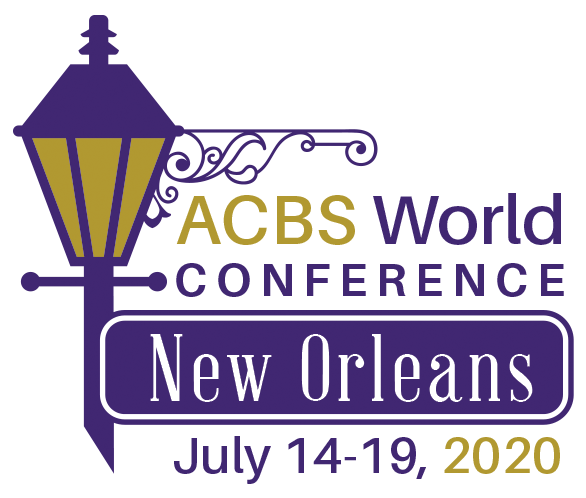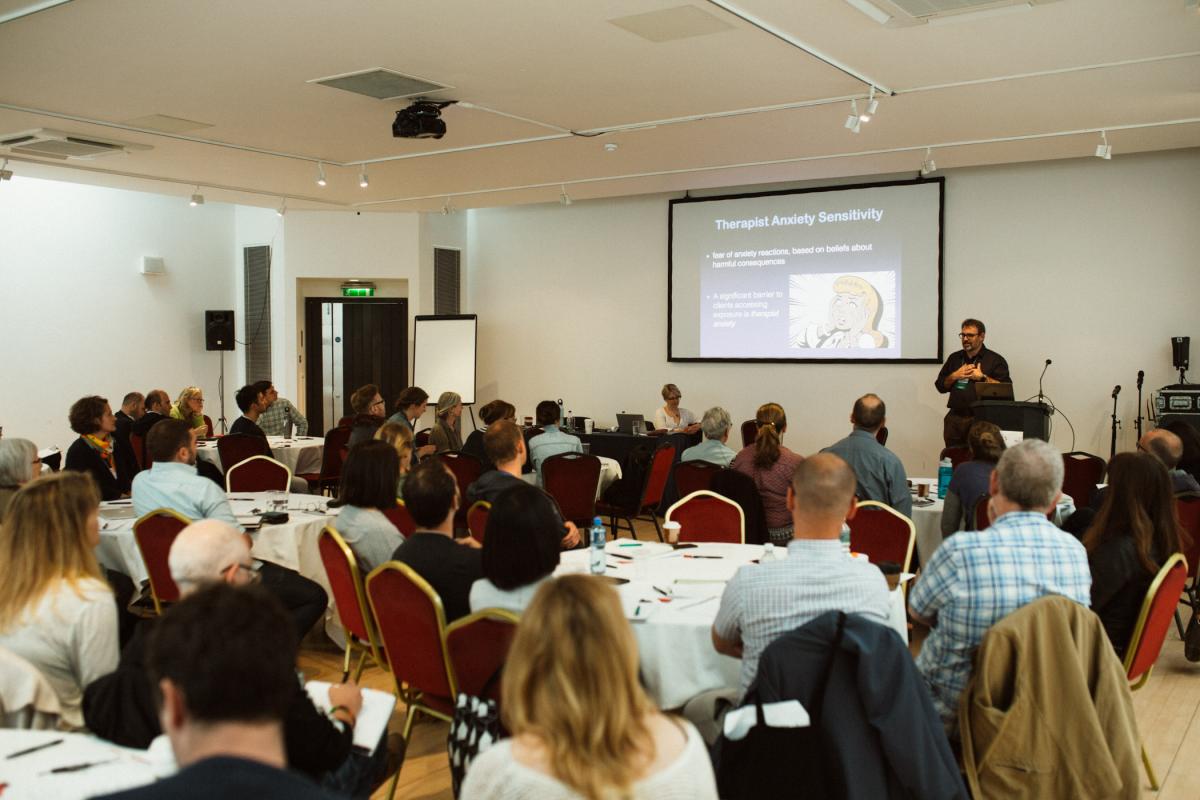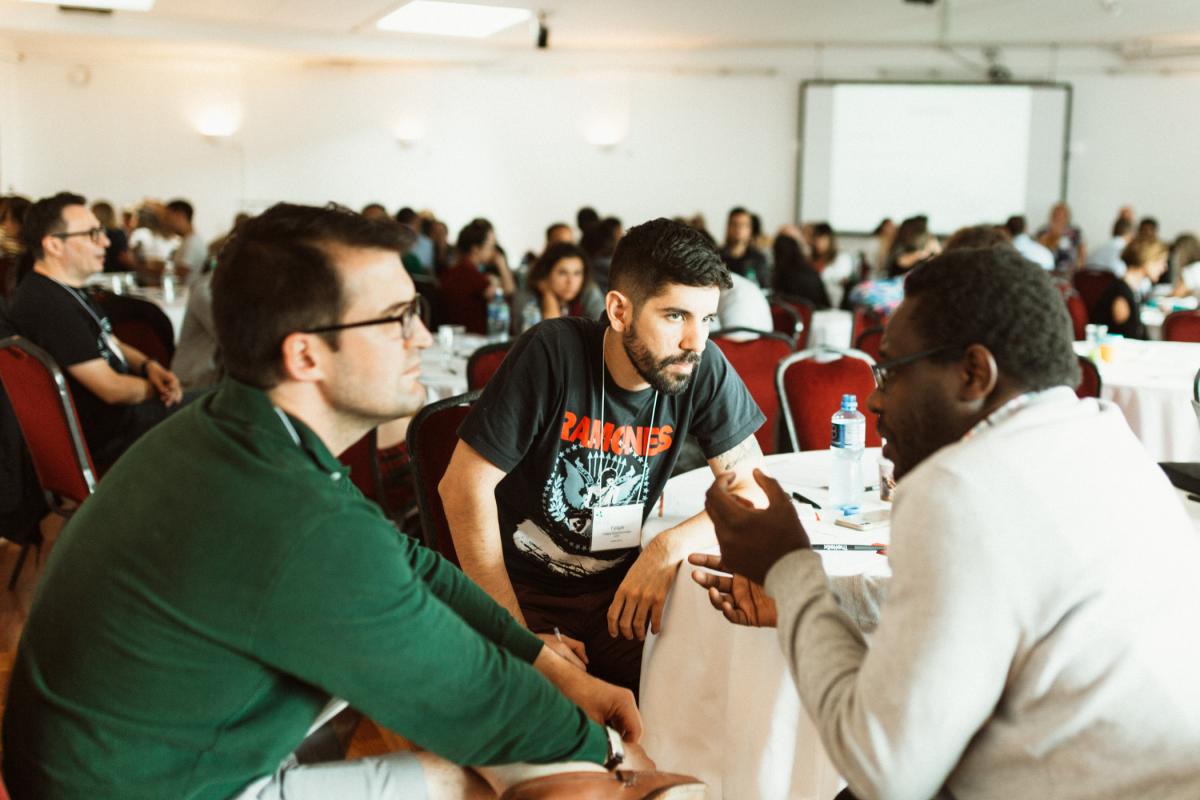Pre-Conference Workshops for WC2020
Pre-Conference Workshops for WC2020July 14-15, New Orleans, USA
Unforgettable. Inspiring. Cutting-edge. Inviting. ACBS Pre-Conference Workshops are well-known as a source for world-class CBS, evidence-based trainings. Here is the heart of ACBS. Where therapists and researchers of all ages sharpen their skills, and push their limits. Where expert trainers from across the globe converge as a creative force aiming to shape and support all those in attendance. Where life-long friends reconnect, or meet for the first time.
What to Expect
The 2020 Pre-Conference Workshops offer exciting new opportunities that will engage therapists and researchers of any skill level. Highlights include: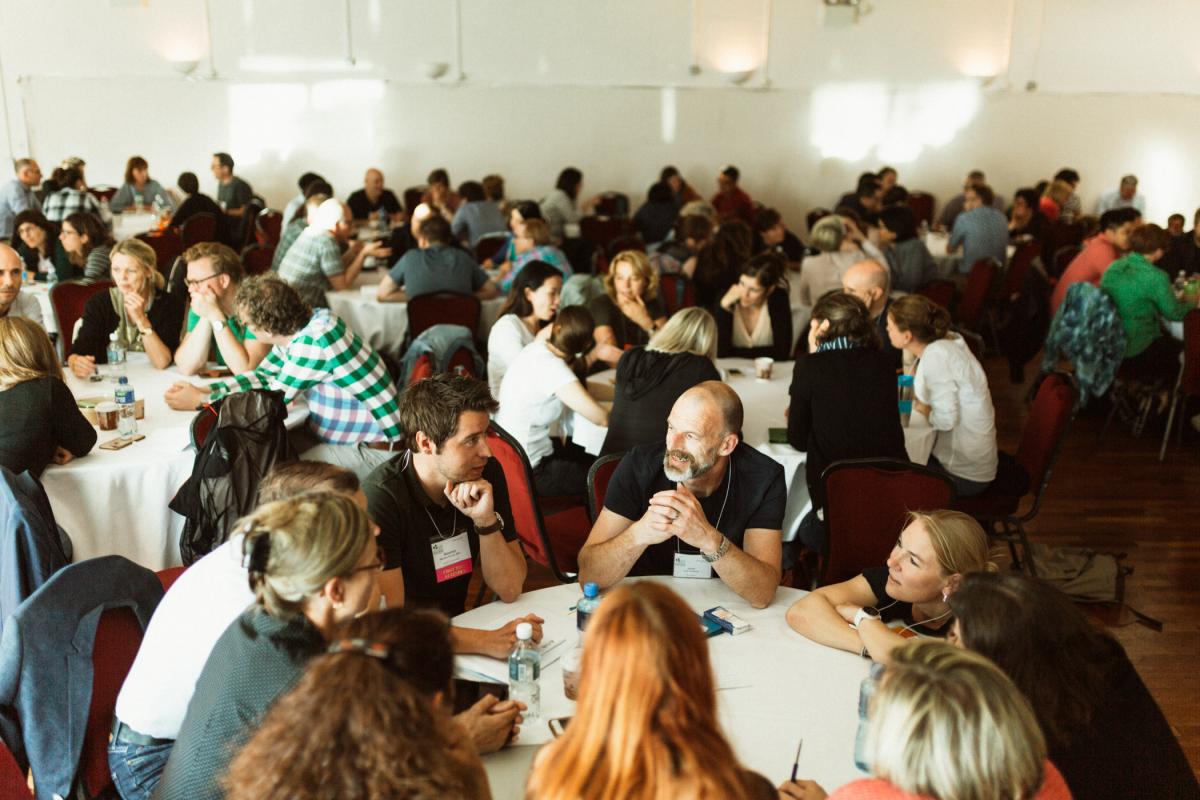
Acceptance and Commitment Therapy (ACT): Participate in experiential workshops to learn this empirically supported therapy
Relational Frame Theory (RFT): Apply this powerful and modern perspective on cognition and language to your own practice
Functional Analytic Psychotherapy (FAP): Utilize the power of your therapeutic relationships with FAP
Compassion Focused Therapy (CFT): Engage compassionate emotions within your clients with a processed-based approach
Focused Acceptance and Commitment Therapy (FACT): Learn how to effect psychological flexibility with limited client contact
Combining therapy role-plays, experiential exercises, case presentations, data graphics, focused lectures, and small group discussions, you can expect high-quality training from ACBS Pre-Conference Workshops. Continuing Education Credits are available.
Be sure to review the list of workshops to see your full list of options.
When, Where, and How Much?
These workshops will be held the two days immediately preceding the ACBS World Conference 2020.
Tuesday, July 14, 2020 - 9:00 a.m. - 5:15 p.m.
Wednesday, July 15, 2020 - 9:00 a.m. - 5:15 p.m.
They will be held at the Sheraton New Orleans Hotel in New Orleans, USA.
More general Registration information can be found here.
Pre-Conference Workshop Registration Rates (July 14-15, 2020)
The workshops below will be held the 2-days immediately preceding the ACBS World Conference 2020. They will be 9:00 a.m. - 5:15 p.m. on each day.
The workshops run concurrently, so you may only register for one pre-conference workshop. Also note that they require their own registration and fee (they are not included as part of the ACBS World Conference). CE credits are available.
| July 14-15 |
Early Registration |
Regular Registration |
Onsite Registration |
|---|---|---|---|
| Professional | $349 | $379 | $429 |
| Student | $219 | $249 | $299 |
| Professional, Non-Member | $419 | $449 | $499 |
| Student, Non-Member | $249 | $279 | $329 |
Above prices include lunch each day, twice daily coffee/tea on site, and a general certificate of attendance.
Additional information about registrations, refunds, etc., can be found here.
Learn about the specific workshops here.
Complete List of Pre-Conference Workshops - WC2020 New Orleans
Complete List of Pre-Conference Workshops - WC2020 New OrleansACBS World Conference 2020, Pre-Conference Workshops - Register now!
July 14-15, 2-day workshops:
Sean M. Barnes, Ph.D., Lauren M. Borges, Ph.D., Geoffrey Smith, Psy.D., Debbie Sorensen, Ph.D., Nazanin H. Bahraini, Ph.D.
(Clinical; Beginner, Intermediate, Advanced)
David Gillanders, DClinPsy, Sonja V. Batten, Ph.D.
(Clinical; Beginner, Intermediate)
Robyn L. Gobin, Ph.D., Daniel C. Rosen, Ph.D.
(Clinical; Beginner, Intermediate, Advanced)
Mary P. Loudon, Ph.D., Sarah Sullivan-Singh, Ph.D., Mavis Tsai, Ph.D., Robert J. Kohlenberg, Ph.D.
(Clinical; Beginner, Intermediate, Advanced)
Francisco J. Ruiz, Ph.D., Louise McHugh, Ph.D., Bárbara Gil-Luciano, Ph.D.
(Clinical, Research; Beginner, Intermediate)
Emily K. Sandoz, Ph.D.
(Clinical; Intermediate, Advanced)
Jill Stoddard, Ph.D., Miranda Morris, Ph.D., Jenna LeJeune, Ph.D., Manuela O'Connell, Lic.
(Clinical; Intermediate, Advanced)
Kirk Strosahl, Ph.D., Patricia Robinson, Ph.D.
(Clinical; Beginner, Intermediate, Advanced)
Dennis Tirch, Ph.D., Laura Silberstein-Tirch, Psy.D.
(Clinical; Beginner, Intermediate, Advanced)
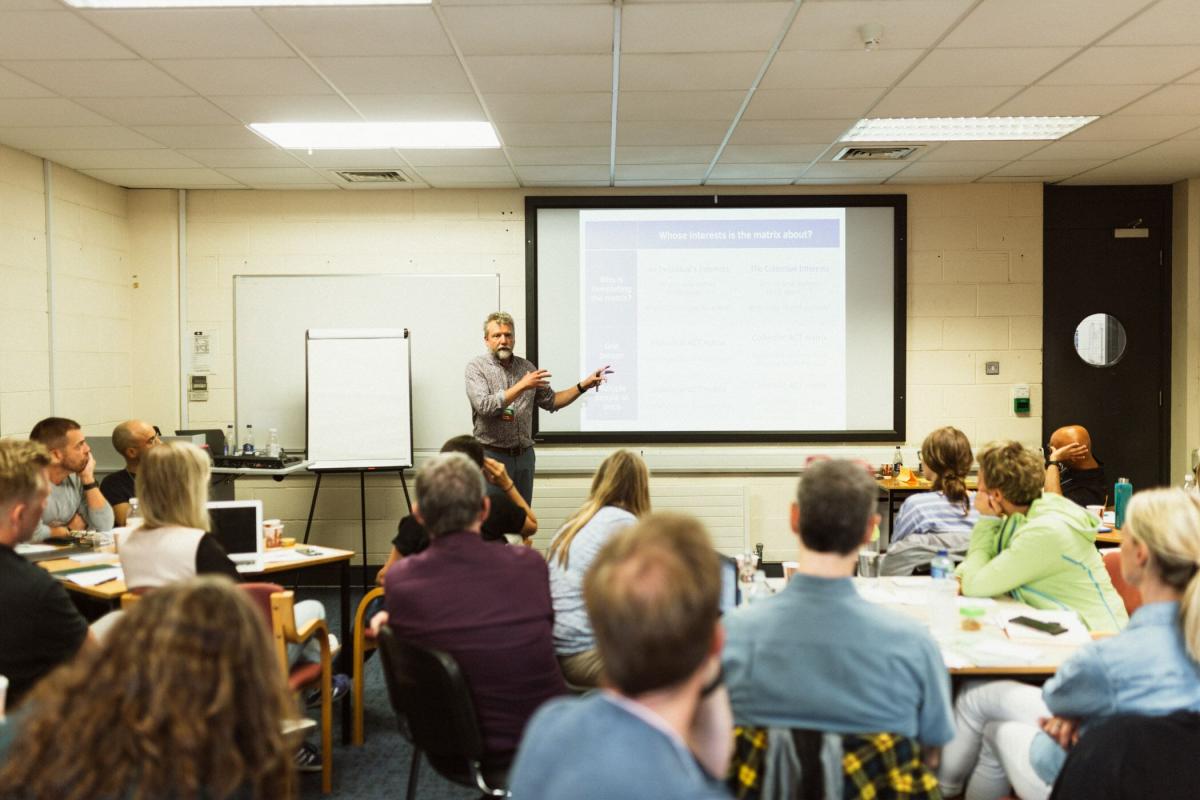 Michael P. Twohig, Ph.D., Patricia Zurita Ona, Psy.D.
Michael P. Twohig, Ph.D., Patricia Zurita Ona, Psy.D.
(Clinical, Research; Beginner, Intermediate, Advanced)
Robyn Walser, Ph.D.
(Intermediate, Advanced)
ACT for Life: An experiential training on a Contextual Behavioral Approach to Suicidal Ideation and Behavior
ACT for Life: An experiential training on a Contextual Behavioral Approach to Suicidal Ideation and Behavior
ACT for Life: An experiential training on a Contextual Behavioral Approach to Suicidal Ideation and Behavior

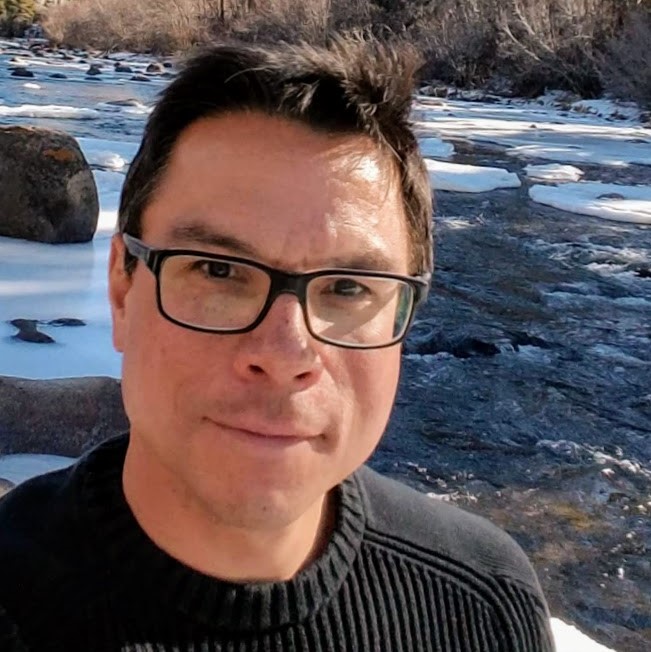
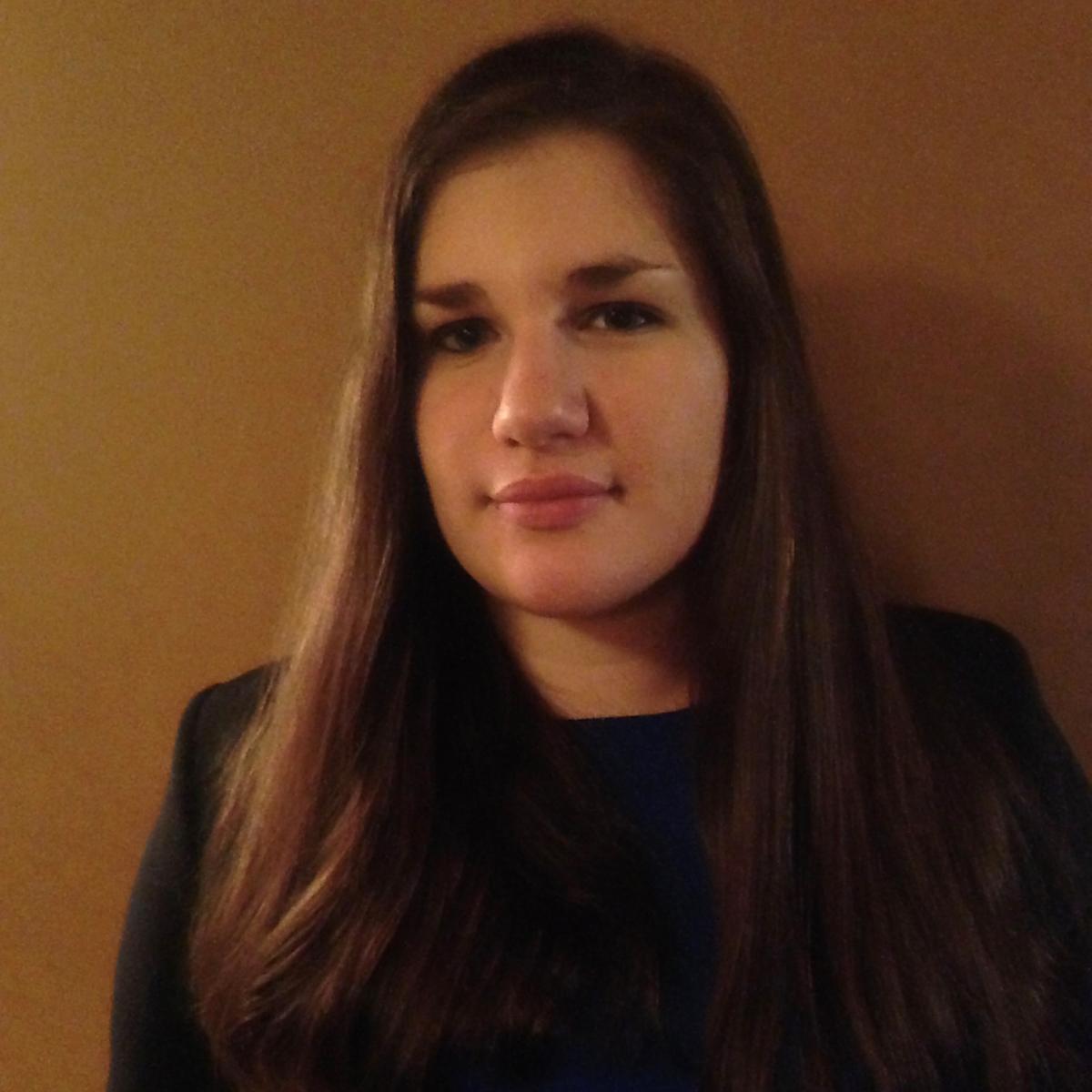
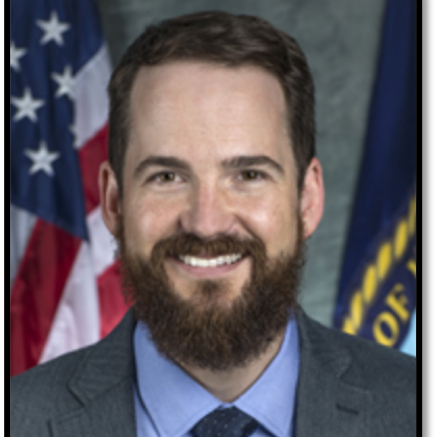
Lauren M. Borges, Ph.D.
Geoffrey Smith, Psy.D.
Debbie Sorensen, Ph.D.
Nazanin H. Bahraini, Ph.D.

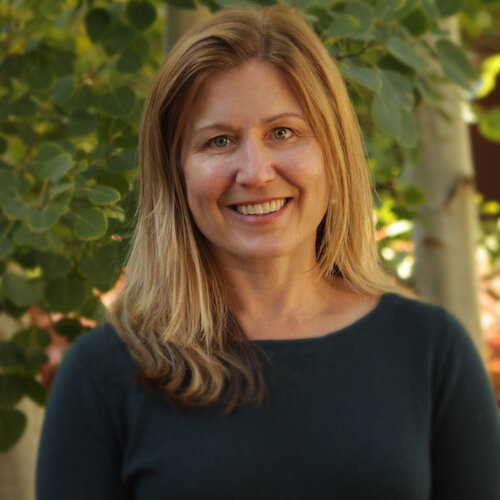
Tuesday, July 14, 2020 - 9:00 a.m. - 5:15 p.m.
Wednesday, July 15, 2020 - 9:00 a.m. - 5:15 p.m.
Competence in suicide prevention is vital to clinical practice. Yet, responding to suicide risk is often a source of tremendous stress and places therapists at odds with their clients. Respecting a client’s autonomy and maintaining therapeutic rapport can conflict with concerns for safety and practical considerations of clinician liability. Furthermore, standardized suicide risk assessment and management approaches mandated by health care organizations often promote assessment focused on the presence or absence of suicidal ideation and behavior, but fail to identify the function of suicidal thoughts and behaviors. Contextual Behavioral Science (CBS) can be used to successfully navigate these concerns to gain a nuanced and accurate understanding of the factors maintaining a client’s suicidal thoughts and behaviors (Borges et al., 2019). Acceptance and Commitment Therapy (ACT) provides a powerful and balanced approach to suicide prevention by promoting engagement in life in addition to preventing suicidal behavior by enhancing flexible thinking and emotional willingness (Barnes et al., 2017). Participants in this pre-conference training will learn how CBS, and ACT in particular, can be used to join with clients in acknowledging, understanding, and accepting pain that leads them to desire death, while still choosing an alternative - a vital and values-based life.
Case examples, role-plays, and experiential exercises will be used to expand clinicians’ repertoires for working effectively and compassionately with clients who experience suicidal ideation, while noticing their own experiences of this work. Participants will learn about common barriers to working effectively with clients considering suicide. Participants will explore systemic issues they face, as well as personal stressors they may experience in working with suicide, including burnout, caregiver fatigue, vicarious traumatization, and moral injury. Through experiential exercises and discussion, participants will explore their own internal responses and behavior patterns in working with suicide. Methods for responding effectively to common barriers will be discussed, and clinicians will be invited to be mindful of how their reactions to suicidal thoughts and behaviors may influence clinical decision making.
The empirical literature supporting the use of ACT with clients at risk of suicide will be reviewed. Participants will then learn about ACT for Life, a treatment protocol developed for clients at high risk of suicide, but also applicable to clients at low to moderate suicide risk. The facilitators of the training developed ACT for Life through a formative evaluation with experts in ACT and suicidology, and a randomized acceptability and feasibility study recently provided empirical support for ACT for Life. The ACT for Life protocol combines CBS functional assessment practices (e.g., chain analysis) and gold standard suicide risk mitigation tools (e.g., safety planning) with guidance on engaging ACT processes to build vital values-based lives clients will choose to live.
Participants will learn how to conceptualize suicide from a CBS perspective and practice using functional analysis to take a process-based approach to suicide risk assessment and risk management. Specifically, they will learn how to use chain analysis to identify unique factors maintaining suicidal thoughts and behaviors. Participants will practice building on the information gleaned from chain analysis to create a conceptualization of a client’s suicide risk and develop a treatment plan to disrupt behavior maintaining suicidal thoughts and behaviors. In addition to identifying opportunities to prevent suicidal ideation and behavior from interfering with functioning, participants will practice identifying values worth living that are connected to the suffering maintaining suicidal ideation and behavior. Treatment planning will include guidance on using emotional pain and related values to inform committed actions that will build a meaningful life. Participants will also learn about key components of documenting functional suicide risk assessments to meet standards of care and prevent clinician fear from impacting treatment.
Safety planning (i.e., assisting clients in making a hierarchical list of plans to cope with a suicidal crisis) has become the standard of care in suicide prevention and can be a useful tool for managing suicide risk, while engaging in deeper therapeutic work to address the function of suicidal thinking and behavior. However, safety plans often focus on avoidance or reduction of unwanted thoughts and emotions, and may seem inconsistent with CBS interventions that emphasize acceptance. Additionally, safety plans do not typically include material tailored to the client’s values. Participants will learn how CBS/ACT-consistent safety plans are created in ACT for Life.
Participants in the training will then practice engaging ACT processes in role plays that integrate idiographic information to specifically disrupt factors that are maintaining suicide risk and preventing engagement in meaningful behavior. Facilitators will demonstrate how to transform hopelessness about life into hopelessness about unworkable attempts at control, including suicide. Finally, participants will discuss useful experiential exercises, metaphors, and bold moves to lead clients in turning toward a life worth living.
About Sean M. Barnes, Ph.D.:
Sean M. Barnes, Ph.D. is a clinical research psychologist at the Rocky Mountain Mental Illness Research, Education, and Clinical Center (MIRECC) for Veteran Suicide Prevention and an assistant professor in the Department of Psychiatry at the University of Colorado Denver School or Medicine. As a principal investigator at the Rocky Mountain MIRECC, Sean contributes to the MIRECC's mission to prevent Veteran suicide through research, consulting, assessment, and treatment. Sean has published and presented nationally on a wide range of topics, including contextual behavioral approaches to working with moral injury and suicide risk. Sean is an ACT for Depressed Veterans provider and the principal investigator of the ACT for Life study, testing a brief ACT protocol for maximizing recovery after suicidal crises. Other aspects of Sean's research focus on ACT for Moral Injury, suicide risk assessment, and computerized interventions, but all of his projects share a common goal of alleviating suffering and helping others build vital meaningful lives.
About Lauren M. Borges, Ph.D.:
Dr. Lauren M. Borges is a clinical research psychologist at the Rocky Mountain Mental Illness Research, Education, and Clinical Center (MIRECC) for suicide prevention. She holds an academic appointment of assistant professor in the Department of Psychiatry at the University of Colorado School of Medicine. Dr. Borges’ primary line of research concerns the use of contextual behavioral interventions to help individuals approach emotions like guilt and shame more flexibly. She is a principal investigator on a federally funded study focused on investigating the acceptability and feasibility of Acceptance and Commitment Therapy for Moral Injury (ACT-MI) and a co-investigator on an intervention applying ACT to cultivate flexible responding to suicidal ideation and behavior. She is also interested in using functional analysis (in particular the chain analysis skill from Dialectical Behavior Therapy) to help individuals identify and intervene on their suicidal behavior more efficiently and effectively. Beyond her focus on interventional research, Dr. Borges is developing and validating novel approaches to measuring facets of responding to guilt and shame.
About Geoffrey Smith, Psy.D.:
Dr. Geoff Smith has been a clinical psychologist and administrator working with adults with acute and chronic mental illness since 2001. His experience spans from Community Mental Health Center program administration and development to Veterans Affairs Medical Center psychiatric unit administration, clinical services and senior leadership.
He is currently the Section Chief of Inpatient and Specialty Mental Health Programs for the Denver Veterans Affairs Medical Center. Past projects include developing Veteran programs for Peer Support Specialists providing health coaching on an inpatient psychiatric unit, developing Psychiatric step-down services, and using evidence based psychotherapy for suicide prevention. He is the psychological Incident Commander for the VA Critical Incident Response Team and Workplace Violence Prevention Programs. He provides numerous seminars and presentations across various MH staff disciplines and is a faculty instructor for the Psychiatry Department at the University of Colorado Health Sciences Center.
About Debbie Sorensen, Ph.D.:
Debbie Sorensen, Ph.D. is a clinical psychologist in Denver, Colorado. She has a Ph.D. in Psychology from Harvard University and a bachelor’s degree in Psychology and Anthropology from the University of Colorado, Boulder. She is a psychologist in the Spinal Cord Injury/Disorders Center at the Rocky Mountain Regional VA Medical Center, where she works with veterans with spinal cord injuries and chronic health conditions and trains psychology doctoral students. She is a nationally-recognized VA Regional Trainer and Training Consultant in Acceptance and Commitment Therapy (ACT). She has a private practice in Denver, and is a co-founder the ImpACT Psychology Colorado collective. She has been a lecturer at Harvard University in the Department of Psychology, and is a co-host of the popular podcast Psychologists Off the Clock.
About Nazanin H. Bahraini, Ph.D.:
Dr. Bahraini is a Clinical Research Psychologist and Director of Education at the Rocky Mountain MIRECC for suicide prevention. In addition, she is an Associate Professor of Psychiatry and Physical Medicine and Rehabilitation at the University of Colorado School of Medicine. Her research focuses on understanding factors that promote functional improvement and recovery among Veterans with chronic physical and mental health conditions. Along these lines, she is interested in how the principles and core processes underlying Acceptance and Commitment Therapy (ACT) relate to suicide, and how this knowledge can inform ACT based interventions to improve functioning and decrease suicide risk in indicated populations (i.e., Veterans hospitalized for suicide risk).
Learning Objectives:
Following this workshop participants will be able to:
- Explain the phenomenon of suicide from a contextual behavioral perspective.
- Describe personal and therapist barriers to working collaboratively with clients to effectively manage suicide risk.
- Practice using functional suicide risk assessment to inform an idiographic approach to case conceptualization and intervention.
- Identify critical components of suicide risk assessment documentation.
- Guide clients in creating CBS/ACT-consistent safety plans.
- Discuss the empirical support for using ACT with clients at risk of suicide.
- Describe the primary treatment goals of ACT for Life.
- Demonstrate creative hopelessness work appropriate for a client at high risk of suicide.
- Incorporate client-specific drivers of suicidal thoughts and behaviors into ACT experiential exercises highlighting intervening on the function these behaviors serve at the level of the individual.
- Learn to help clients clarify and pursue their values in the presence of tremendous psychological pain and use committed action work to build vital lives clients will choose to live.
Target Audience: Beginner, Intermediate, Advanced, Clinical
Components: Conceptual analysis, Literature review, Original data, Experiential exercises, Didactic presentation, Role play
Package Includes: A general certificate of attendance, lunch, and twice daily coffee/tea break on site.
Acceptance and Commitment Therapy for Obsessive Compulsive and Anxiety Disorders in Children and Adolescents
Acceptance and Commitment Therapy for Obsessive Compulsive and Anxiety Disorders in Children and Adolescents
Acceptance and Commitment Therapy for Obsessive Compulsive and Anxiety Disorders in Children and Adolescents

Wednesday, July 15, 2020 - 9:00 a.m. - 5:15 p.m.
This workshop combines two professionals whose careers have largely focused on the use of ACT to treat obsessive compulsive and anxiety disorders. Dr. Twohig is a US citizen and Dr. Zurita Ona is Bolivian but works and resides in the USA. Dr. Twohig has conducted his work within a research setting with additional applied work in a university clinic. Dr. Zurita Ona’s works has occurred in a private clinic with related scholarship activities. Both work with children, adolescents, and adults. Additionally, they have been collaborating professionally for the past two years and have a common conceptualization of obsessive compulsive and anxiety disorders and their treatment.
Obsessive compulsive and anxiety disorders include: obsessive compulsive disorder, trichotillomania, social phobia, panic disorder, separation anxiety disorder, and phobias. While the literature on ACT for obsessive compulsive and anxiety disorders in children and adolescents lags behind the data for adults, there has been a notable amount of work conducted supporting its effectiveness. These data show that a moderately unified ACT protocol is effective for a variety of presentations of obsessive compulsive and anxiety disorders. Only moderate adjustments need to be made for different clinical presentations.
In this 2-day workshop we will first update the attendees on the research in this area. There are a handful or large randomized trials and smaller single subject designs using ACT for children and adolescents with obsessive compulsive and anxiety disorders. Next, we will present the overarching ACT conceptualization of obsessive compulsive and anxiety disorders. We will present the conceptual and procedural adjustments that would need to occur for each general presentation. This background information would likely take half a day. The remaining day and a half will showcase this work for children and adolescents. The audience will learn to facilitate exposures, monitor and facilitate processes of change within exposures, teach and track outcomes that are consistent with the ACT model. A unique behavioral intervention, the Choice Point, will be presented as a formulation and intervention to augment the impact of exposure sessions. We will teach the procedures didactically, with video, and role play. Participants will be given the opportunity to practice the same skills and receive feedback from the presenters.
About Michael P. Twohig, Ph.D.:
Michael P. Twohig, Ph.D. is a licensed psychologist in the state of Utah and a Professor of Psychology at Utah State University. He received his B.A. and M.S. from the University of Wisconsin-Milwaukee, his Ph.D. from the University of Nevada, Reno, and completed his clinical internship at the University of British Columbia Hospital. He is past-President of the Association of Contextual Behavioral Science, the organization most associated with Acceptance and Commitment Therapy (ACT). His research focuses on the use of ACT across a variety of clinical presentations with an emphasis on obsessive compulsive and related disorders. He has published over 100 peer-reviewed articles and two books: An ACT-Enhanced Behavior Therapy approach to the Treatment of Trichotillomania (with Woods) and ACT Verbatim for Depression and Anxiety (with Hayes). His research has been funded through multiple sources including the National Institute of Mental Health.
About Patricia Zurita Ona, Psy.D.:
Dr. Zurita Ona, Dr. Z, is a Licensed Clinical Psychologist in California. Her clinical work started first as school psychologist and then as a clinical psychologist. She has significant experience working with children, adolescents, and adults with OCD, trauma, anxiety, and emotional regulation problems. . Dr. Z is the founder of the East Bay Behavior Therapy Center, a boutique therapy practice, where she runs an intensive outpatient program integrating Acceptance and Commitment Therapy (ACT) and Exposure Response Prevention (ERP) to support clients getting stuck from obsessions, figure out what they care about, and do stuff that matters to them.
Dr. Z attends local, national, and international conferences on a regular basis in order to keep up with current clinical research and deliver up-to-date therapy services to her clients. In addition to her doctoral training, Dr. Z has nominated as a Fellow of the Association of Contextual Behavioral Science; she's a graduate of the International OCD foundation Behavior Therapy Training Institute (BTTI) for the treatment of pediatric OCD and adult OCD; her clinical work is primarily based on exposure and Response Prevention, the recognized front-line treatment for OCD, anxiety and related condition disorders. Dr. Z is intensively trained in Dialectical Behavior Therapy (DBT). Over the last 10 years, Dr. Z has been learning, practicing, and teaching Acceptance and Commitment Therapy (ACT).
Learning Objectives:
Following this workshop participants will be able to:
- The attendees will learn the diagnostic differences between obsessive compulsive and anxiety disorders
- The attendee will learn the research on ACT for obsessive compulsive and anxiety disorders in children and adolescents
- The attendee will learn to conceptualize obsessive compulsive and anxiety disorders from an ACT standpoint
- The attendee will learn how ACT conceptualizes obsessive compulsive and anxiety disorders differently than other models
- The attendee will learn how to adjust typical ACT for obsessive compulsive and anxiety disorders
- The attendee will learn how to implement ACT for obsessive compulsive and anxiety disorders for children and adolescents
- The attendee will learn how to adjust ACT for obsessive compulsive and anxiety disorders based on developmental levels
- The attendee will learn how to conduct exposures for obsessive compulsive and anxiety disorders from an ACT model
- The attendee will identify the ACT core processes in regard to the “choice point model”
- The attendee will lean how to track outcomes when working with these clinical issues
Target Audience: Beginner, Intermediate, Advanced, Clinical, Research
Components: Conceptual analysis, Literature review, Original data, Experiential exercises, Didactic presentation, Case presentation, Role play
Package Includes: A general certificate of attendance, lunch, and twice daily coffee/tea break on site.
Acceptance and Commitment Therapy: Introduction & Skills Building
Acceptance and Commitment Therapy: Introduction & Skills BuildingAcceptance and Commitment Therapy: Introduction & Skills Building

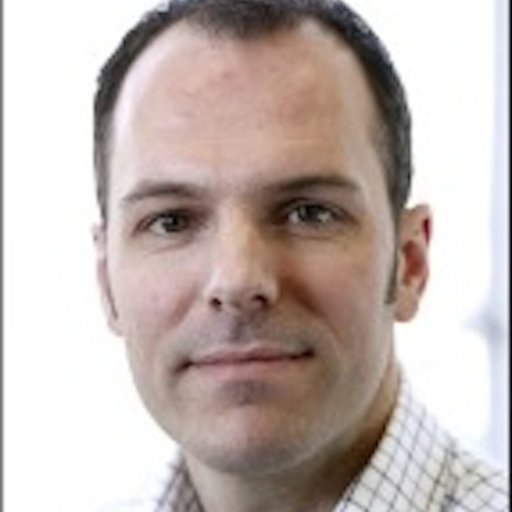
Wednesday, July 15, 2020 - 9:00 a.m. - 5:15 p.m.
This introductory ACT workshop is designed to combine the head, hands, and heart of ACT to maximize the group workshop time together in a way that can’t be gained from solo study. Initial components of the workshop will focus on the conceptual underpinnings of ACT, while not centering on those topics that could be just as easily understood through reading ACT books and articles. A significant portion of the workshop will revolve around experiential exercises that bring the heart of ACT to the fore through direct learning and engagement. Finally, participants will have the opportunity to practice the new skills that they are acquiring and give and receive feedback between participants and the expert trainers.
Participants will be guided through the ACT foundational hexaflex, learning about each of the six core processes. Throughout the workshop, attendees will learn about the application of each of these core processes through case conceptualizations, role plays, and discussions of clinical examples. The trainers will provide examples of specific exercises and metaphors, while working with the participants to understand the importance of the function, rather than the form, of the intervention. Special attention will be given to working with clients to clarify their personal life values and helping to facilitate meaningful committed action for clients.
The two peer-reviewed ACT trainers, Gillanders and Batten, are fully-versed in ACT and are Fellows and Founding Members of ACBS, with extensive experience delivering ACT training internationally. Their open and compassionate style models the ACT therapeutic stance, while demonstrating skills and responding to participant questions based on research-informed knowledge.
About David Gillanders, DClinPsy:
David Gillanders is a Chartered Clinical Psychologist, member of the British Psychological Society, Health & Care Professions Council, British Association of Behavioural & Cognitive Psychotherapy and a founding member of the Association for Contextual Behavioural Science. He is the Head of Clinical and Health Psychology at the University of Edinburgh. Formerly working for the NHS, he has extensive experience of working psychologically with people with both chronic physical and mental health problems from both an ACT and traditional CBT perspective. David has trained several hundred therapists in using an ACT approach across the globe and also supervises others using an ACT approach. He is a peer reviewed ACT trainer with ACBS, and the former ACBS Training Committee Chair, responsible for developing the current strategy to showing evidence of training competency and undertaking research in the area of ACT training
About Sonja V. Batten, Ph.D.:
Sonja V. Batten, Ph.D., is a clinical psychologist with a specialization in traumatic stress, who has worked in policy, clinical, and research leadership positions in the public and private sector. Dr. Batten is a recognized ACT trainer, a Past-President of the Association for Contextual Behavioral Science, the author of Essentials of Acceptance and Commitment Therapy, and the co-author of Committed Action in Practice. Dr. Batten is an experienced leader with a demonstrated history of working in the management consulting industry; skilled in Organizational Development, Health Care Operations, Leadership Development, and Acceptance and Commitment Therapy; a Licensed Clinical Psychologist, certified Change Management Practitioner, and experienced Coach and Mentor.
Learning Objectives:
Following this workshop participants will be able to:
- Know the ACT model conceptually
- Know the ACT model from the inside out (how the ACT processes ‘feel’)
- Have greater self awareness of own responses to difficult events in professional and possibly personal settings and be able to conceptualize those from within the ACT model
- Have better skills in responding flexibly to internal and external struggles in professional and possibly personal settings
- Be able to conceptualize cases / client work from an ACT perspective
- Understand the links between ACT and behavioral analysis more clearly
- Use their behavioral understanding of ACT to make more precisely targeted interventions.
- Be able to begin to apply ACT strategies within their professional context
- Apply multiple strategies for facilitating committed actions by clients
- Have a clear direction and resources for further study and training
Target Audience: Beginner, Intermediate, Clinical
Components: Conceptual analysis, Experiential exercises, Didactic presentation, Case presentation, Role play
Package Includes: A general certificate of attendance, lunch, and twice daily coffee/tea break on site.
Empowering psychological interventions by incorporating cutting-edge RFT research
Empowering psychological interventions by incorporating cutting-edge RFT researchEmpowering psychological interventions by incorporating cutting-edge RFT research


.jpg)
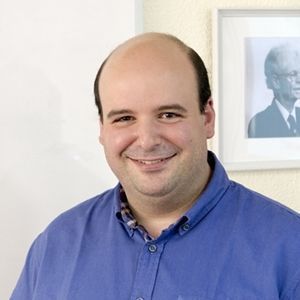
Wednesday, July 15, 2020 - 9:00 a.m. - 5:15 p.m.
This workshop aims to introduce the basis of Relational Frame Theory (RFT) and the implications of “cutting-edge” Clinical RFT research. The workshop will be divided into four parts. In Part 1, we will present the basic concepts of RFT through multiple clinical examples. In Part 2, we will present an RFT conceptualization of self-as-context and defusion and how it can be used to empower the exercises and clinical interactions aimed at moving these processes. In Part 3, we will present current RFT research on the relational components that improve the effect of clinical metaphors. Lastly, in Part 4, we will present recent research in the RFT conceptualization of worry and rumination and how it can be used to develop briefer ACT interventions. Multiple experiential exercises and role-plays will be presented across the four parts of the workshop to develop skills in Clinical RFT.
About Francisco J. Ruiz, Ph.D.:
Francisco J. Ruiz received his doctoral degree in Psychology in Universidad de Almería (Spain) under the supervision of Dr. Carmen Luciano in 2009. He worked in several Spanish universities before accepting a professor position in Fundación Universitaria Konrad Lorenz (Colombia) in 2015. In this position, he designed one of the first Ph.D. programs in Psychology in the country and has been awarded as a “Distinguished Researcher” of the institution. He has published about 70 scientific articles focused on Acceptance and Commitment Therapy (ACT) and Relational Frame Theory (RFT). During the last few years, he and his colleagues are developing a model of ACT that focuses on dismantling dysfunctional patterns of repetitive negative thinking (RNT). This model incorporates previous research on Clinical RFT and new empirical developments.
About Louise McHugh, Ph.D.:
Louise McHugh, Ph.D., is associate professor of psychology at University College, Dublin; has published over 90 papers in the area of Contextual Behavioural Science; is a peer-reviewed acceptance and commitment therapy (ACT) trainer; fellow of the Association for Contextual Behavioral. Science; author of A Contextual Behavioral Guide to Self and coeditor of The Self and Perspective Taking.
About Bárbara Gil-Luciano, Ph.D.:
Barbara Gil-Luciano is a Ph.D. in Psychology and an ACT therapist with adults and adolescents. She trains in ACT in the Madrid Institute of Contextual Psychology (MICPSY) and Nebrija University. She has authored multiple publications in ACT and Clinical RFT.
Learning Objectives:
Following this workshop participants will be able to:
- Describe the clinical implications of the three properties of relational framing.
- Describe the relational framings involved in self-as-context and defusion processes.
- Design enhanced self-as-context exercises according to recent RFT research.
- Design enhanced defusion exercises according to recent RFT research.
- Describe the relational components that increase the efficacy of clinical metaphors.
- Design metaphors that include common physical properties with the client’s suffering.
- Design physicalized metaphors to realize the effect of inflexible and flexible ways of responding to private events.
- Describe the central role of worry and rumination in psychological inflexibility.
- Conduct functional analyses of worry and rumination.
- Design exercises to disrupt worry and rumination processes according to the RFT analysis.
Target Audience: Beginner, Intermediate, Clinical, Research
Components: Conceptual analysis, Experiential exercises, Didactic presentation, Case presentation, Role play
Package Includes: A general certificate of attendance, lunch, and twice daily coffee/tea break on site.
Focused Acceptance and Commitment Therapy (FACT): The Basics and Beyond
Focused Acceptance and Commitment Therapy (FACT): The Basics and Beyond
Focused Acceptance and Commitment Therapy (FACT): The Basics and Beyond


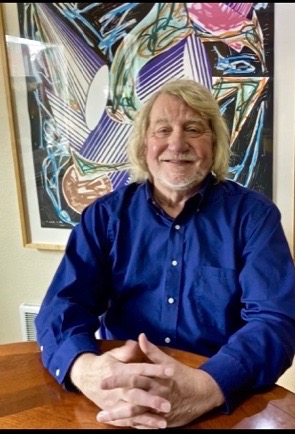
Wednesday, July 15, 2020 - 9:00 a.m. - 5:15 p.m.
Clinicians in a wide variety of practice settings are under increasing pressure to obtain positive clinical outcomes despite having fewer contacts with the client. This two-day workshop will examine both basic and advanced principles of Focused Acceptance and Commitment Therapy (FACT), an approach to brief assessment and intervention that promotes radical change. In this workshop, participants learn about three toxic processes, based in human language, that lead to behavioral rigidity and psychological suffering. They will explore the three “pillars” of psychological flexibility that can be used to combat these toxic processes: Building present moment awareness, promoting openness to private experiences and stimulating engagement with valued life activities. Through video demonstrations and “real plays”, we will model specific techniques for structuring the clinical conversation using known as CARE. Each letter of the acronym describes specific clinical tasks to be performed during that part of the clinical interview, with completion of the entire sequence leading to a higher likelihood of meaningful change. Using a series of dyadic and small group role play exercises, participants will learn how to create expectancy for rapid change, conduct a change oriented, contextually focused interview, identify and undermine client avoidance strategies in and out of session, use case formulation methods to quickly determine intervention targets, and reformulate or “reframe” the presenting problem so that an approach orientation is more likely. Participants will also view and then practice the use of various physical and experientially based metaphorical interventions designed to promote rapid change.
About Kirk Strosahl, Ph.D.:
Kirk Strosahl, Ph.D., is one of the founders of Acceptance and Commitment Therapy and specializes in the application of ACT as a brief intervention. He has practiced for 30 years in a variety of brief intervention contexts, including brief therapy clinics and primary care. He has written several professional books on the brief applications of ACT, including “Brief Interventions for Radical Change: Principles and Practice of Focused Acceptance and Commitment Therapy” and “Inside This Moment: Promoting Radical Change in Acceptance and Commitment Therapy” (Robinson & Gustavsson, co-authors, 2012, 2015). In 2018, he co-authored (along with Patricia Robinson) the second edition of their best-selling self-help book, “The Mindfulness and Acceptance Workbook for Depression: Using Acceptance and Commitment Therapy to Move Through Depression and Live a Vital Life” (Robinson, co author, 2018). Dr. Strosahl has conducted numerous training workshops around the world; his approach to teaching is clinician oriented and skill based. Because of this, Dr. Strosahl has often been referred to as the “hands of ACT”.
About Patricia Robinson, Ph.D.:
Patti Robinson, Ph.D., of Mountainview Consulting Group, is widely regarded as one of the pioneers of ACT, and a master clinician specializing in brief applications of Acceptance and Commitment Therapy. She currently consults with primary care systems around the United States that are seeking to integrate behavioral services into the general health care setting. She is the author of numerous articles and book chapters and has published six books, including Real Behavior Change in Primary Care: Improving Patient Outcomes and Increasing Job Satisfaction (New Harbinger, 2010), Behavioral Consultation and Primary Care: A Guide to Integrating Services (with Jeffrey T. Reiter) (Springer, 2007), Brief Interventions for Radical Change: Principles and Practice of Focused Acceptance and Commitment Therapy (New Harbinger, 2012), and the Mindfulness and Acceptance Workbook for Depression, 2nd Edition (New Harbinger, 2018).
Learning Objectives:
Following this workshop participants will be able to:
- Describe the difference between psychological pain and psychological suffering.
- Analyze the role of rule following, emotional and behavioral avoidance in producing psychological dysfunction.
- Explain the basic components of the CARE model of session structure.
- Describe the two basic components of the contextual interview.
- Discuss how to use workability to capitalize on the on-going tension between avoidance and approach behaviors in the clinical conversation.
- Apply two different case analysis methods to treatment planning process.
- Understand the five facet sequence of mindful processing of distressing, unwanted private experience;
- Demonstrate how to use focused behavioral experiments to promote flexible patterns of value based problem solving;
- Demonstrate use of FACT practice support tools and worksheets.
- Create and deploy powerful physical and psychological metaphors.
Target Audience: Beginner, Intermediate, Advanced, Clinical
Components: Experiential exercises, Didactic presentation, Case presentation, Role play
Package Includes: A general certificate of attendance, lunch, and twice daily coffee/tea break on site.
From Learner to Leader: Mastering Your Skills as an ACT Teacher and Trainer
From Learner to Leader: Mastering Your Skills as an ACT Teacher and Trainer
From Learner to Leader: Mastering Your Skills as an ACT Teacher and Trainer

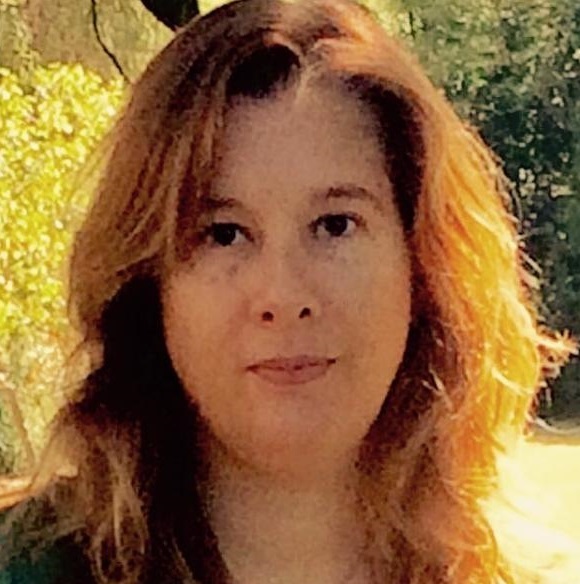
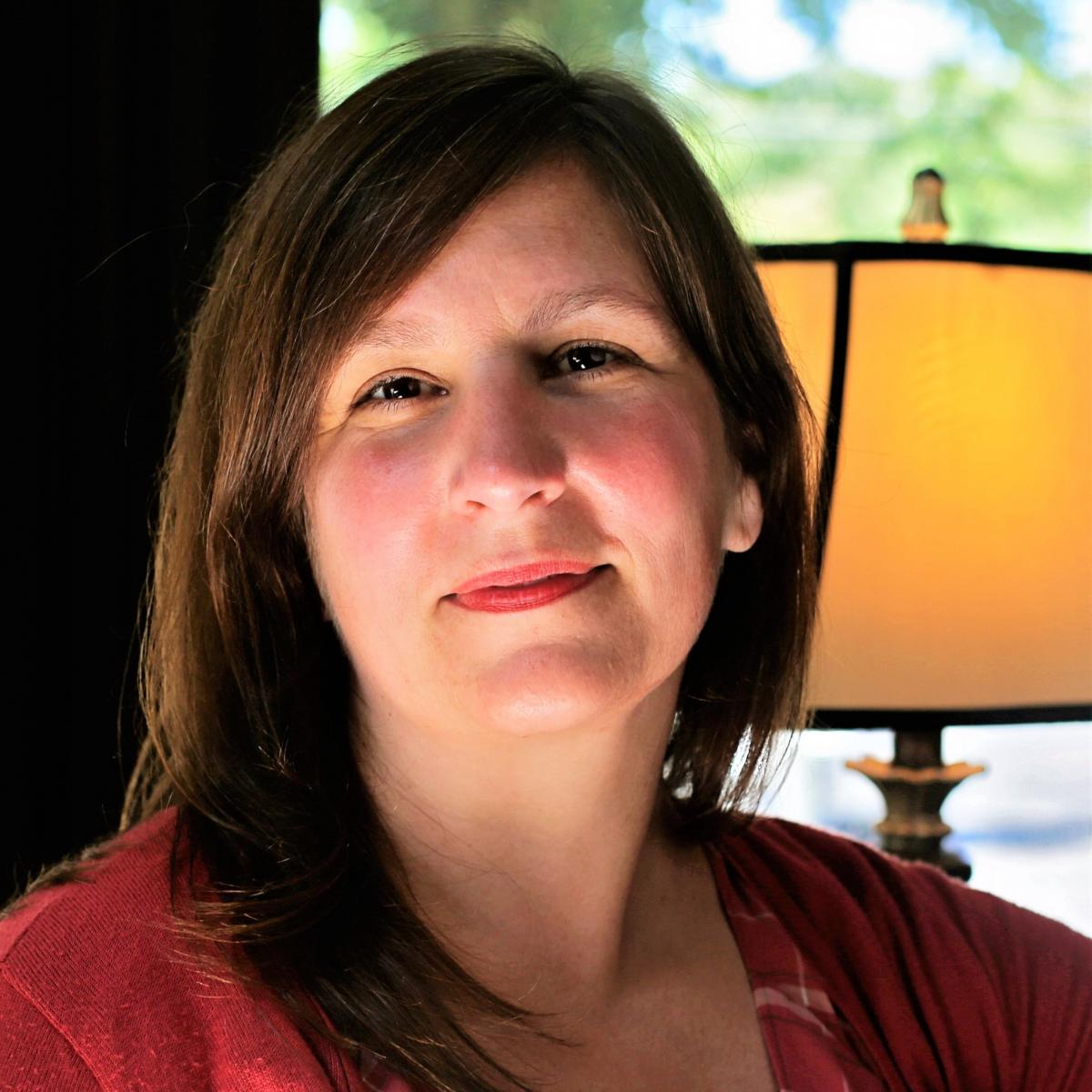
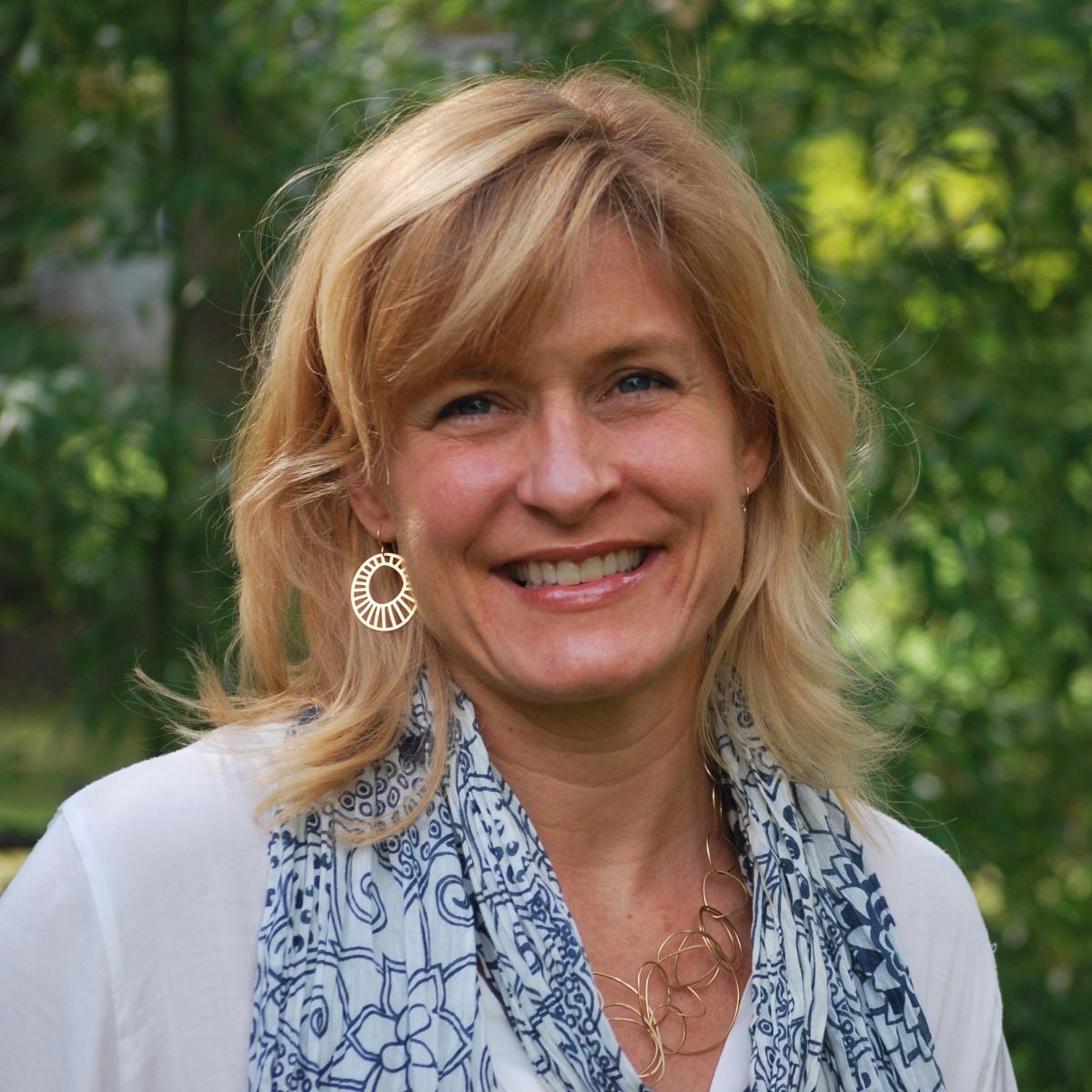

Miranda Morris, Ph.D.
Jenna LeJeune, Ph.D.
Manuela O'Connell, Lic.
Wednesday, July 15, 2020 - 9:00 a.m. - 5:15 p.m.
Interested in teaching or training ACT but don’t know how to proceed? Already teaching ACT and hoping to enhance your skills? The central mission of ACBS is to disseminate contextual behavioral science in the service of the alleviation of human suffering. We need skillful, effective, values-driven teachers and trainers in ACBS. There is also a strong need for a greater diversity of voices among those doing ACT trainings and teaching ACT courses as the ACBS community is striving to become more inclusive and diverse.
While there are many workshops available to train practitioners in the delivery of ACT, there are none - to our knowledge - to train teachers and trainers. A considerable proportion of ACBS members endorse “teaching and training” as a professional activity, so we have an opportunity to expand our reach in spreading CBS worldwide. This workshop is designed to support current and would-be ACT/CBS teachers and trainers from all backgrounds to broaden your skill set and to identify and move forward with your own values-based teaching and training goals.
External barriers(e.g., lack of knowledge or skill) and internal barriers (e.g., lack of confidence) have been shown to contribute to a lack of innovation in education (Schoepp, 2005). Our training team, which consists of four experienced peer-reviewed trainers, will utilize ACT processes to help you address these barriers. This workshop will incorporate research that suggests that experiential learning in which trainees practice applying therapy principles and techniques on themselves increases results in enhanced learning (Bennett-Levy, 2001). For example, you will work through a personal ACT case conceptualization regarding your own narratives, experiential avoidance, and professional values related to teaching and training ACT. Throughout the training, we will engage in experiential practices aimed at increasing psychological flexibility around some of the most common difficulties encountered by both novice and experienced teachers and trainers alike (Walser & Westrup, 2006) (e.g. fusion with thoughts of “I’m not expert enough,” experiential avoidance when it comes to covering more challenging material such as RFT in trainings, etc.). More specifically, in this preconference you will learn:
- To utilize impactful, memorable teaching methods, with special attention to teaching difficult concepts (e.g., functional contextualism, relational frame theory) in accessible ways
- How to create, guide, and unpack experiential practices within a teaching/training context
- What it means to ‘live ACT’, embody the ACT therapeutic stance, and practice psychological flexibility in the context of teaching and training (including informed consent, managing the classroom, handling challenging participants, and handling mistakes and/or surprises).
- The importance of providing culturally sensitive and relevant teaching and training and evidence-based strategies for how best to do so (Hayes, et al, 2004; Sobczak & West, 2013).
- Describe how to teach ACT flexibly in different settings with varying audiences (e.g., 1 hr didactic vs 2 day workshop; grad students vs licensed clinicians, professionals vs general public)
- How to adapt trainings based on modality and audience (e.g., 2-day workshops vs 1 hr talks; first year graduate students vs licensed clinicians)
Bennett-Levy, J., Turner, F., Beaty, T., Smith, M., Paterson, B., Farmer, S., Cook, J. (2001). The value of self-practice of cognitive therapy techniques and self-reflection in the training of cognitive therapists. Behavioural and Cognitive Psychotherapy, 29(2), 203-220.
Hayes, S. C., Bissett, R., Roget, N., Padilla, M., Kohlenberg, B. S., Fisher, G., ... & Niccolls, R. (2004). The impact of acceptance and commitment training and multicultural training on the stigmatizing attitudes and professional burnout of substance abuse counselors. Behavior Therapy, 35(4), 821-835.
Schoepp, K. (2005). Barriers to technology integration in a technology-rich environment. Learning and Teaching in Higher Education: Gulf Perspectives, 2(1), 1-24.
Sobczak, L. R., & West, L. M. (2013). Clinical considerations in using mindfulness-and acceptance-based approaches with diverse populations: Addressing challenges in service delivery in diverse community settings. Cognitive and Behavioral Practice, 20(1), 13-22.
Walser, R. D., & Westrup, D. (2006). Supervising trainees in acceptance and commitment therapy for treatment of posttraumatic stress disorder. International Journal of Behavioral Consultation and Therapy, 2(1), 12-16.
About Jill Stoddard, Ph.D.:
Jill Stoddard is a clinical psychologist and founder/director of The Center for Stress and Anxiety Management, a multi-site outpatient psychotherapy clinic specializing in evidence-based treatments for anxiety and related issues. Dr. Stoddard received her Ph.D. in clinical psychology from Boston University where she trained at the highly regarded Center for Anxiety and Related Disorders. She completed her APA accredited internship and post-doctoral fellowship at UCSD’s School of Medicine Department of Psychiatry. She is an author, award-winning teacher, and peer-reviewed ACT trainer. She has coauthored articles on ACT, CBT, anxiety, trauma, and pain. She also coauthored The Big Book of ACT Metaphors: A Clinician’s Guide to Experiential Exercises and Metaphors in Acceptance and Commitment Therapy; her second book, Be Mighty: A Woman’s Guide to Mastering Anxiety, Worry, and Stress Using Mindfulness and Acceptance, will be published in January 2020. She is on the board of the Association for Contextual and Behavioral Sciences, is a co-founder and vice-president of the non-profit San Diego Cognitive Behavioral Therapy Consortium, and is a member of the Association for Behavioral and Cognitive Therapies and the Anxiety and Depression Association of America.
About Miranda Morris, Ph.D.:
Miranda Morris, Ph.D. is the founder of DC ACT, an organization that provides training and consultation in ACT and other contextual behavioral therapies. She is a peer-reviewed ACT Trainer and has conducted workshops in the US and abroad. She co-founded the Mid Atlantic Chapter of ACBS (MAC ACBS), a group committed to disseminating contextual behavioral science and to building a strong ACBS community in the Mid Atlantic. In addition, she currently serves on the Executive Board of the Association for Contextual Behavioral Science (ACBS) and is President Emeritus of the Mid-Atlantic Chapter of the ACBS. Miranda is a licensed psychologist in private practice in Bethesda, MD. She treats a broad range of difficulties including anxiety, OCD, depression, trauma, relationship problems, and pervasive difficulties often referred to as 'personality disorders'.
About Jenna LeJeune, Ph.D.:
Jenna LeJeune, Ph.D. is President and co-founder of Portland Psychotherapy Clinic, Research, and Training Center. She currently serves on the ACBS Training Committee. As a peer-reviewed ACT trainer who provides trainings for professional around the world, Jenna has a strong interest in presenting ACT and CBS processes in such a way as to make them accessible and relevant to a wide range of audiences. She is co-author of the book Values in Therapy: A Clinician’s Guide to Helping Clients Explore Values, Increase Psychological Flexibility, and Live a More Meaningful Life (2019). In her clinical practice, Jenna specializes in working with adults struggling with various relationship difficulties, including problems with intimacy and sexuality, trauma-related relationship challenges, and struggles people may have in their relationship with their own bodies.
About Manuela O'Connell, Lic.:
Peer reviewed ACT trainer. Clinical psychologist specialize in ACT and Mindfulness. Does trainings in different countries in South America and in several places in Argentina. Author of the ACT for the public book written in Spanish called Una vida valiosa by Penguin Random House. Contributor in The heart of ACT book.
Learning Objectives:
Following this workshop participants will be able to:
- Identify personal strengths, growth areas, and values for yourself as a teacher/trainer utilizing a Self Case Conceptualization based on a psychological flexibility model
- Distinguish between didactic and experiential teaching methods and explain the relative merits of each
- Create, guide, and process experiential learning exercises
- Describe how to teach ACT flexibly in different settings with varying audiences (e.g., 1 hr didactic vs 2 day workshop; grad students vs licensed clinicians)
- Demonstrate how to teach technical concepts such as functional analysis, functional contextualism, and RFT in effective and accessible ways
- Demonstrate strategies for responding effectively to challenging participants and circumstances (e.g., exercises that don’t go as planned, equipment failures)
- Explain at least 3 ways to cultivate cultural sensitivity and inclusivity in your training approach
- Demonstrate an understanding of the core competencies for becoming a well-rounded teacher/trainer of ACT - the Heart, Hands and Head of ACT
- Demonstrate how to both teach and model the 6 core psychological flexibility processes in a classroom or training setting
- Explain the value of teaching ACT as a process-driven approach rather than a technique-driven approach
Target Audience: Intermediate, Advanced, Clinical
Components: Experiential exercises, Didactic presentation, Case presentation, Role play
Package Includes: A general certificate of attendance, lunch, and twice daily coffee/tea break on site.
Here, Now, and Between Us: Functional Analytic Psychotherapy and the power of the therapeutic relationship
Here, Now, and Between Us: Functional Analytic Psychotherapy and the power of the therapeutic relationship
Here, Now, and Between Us: Functional Analytic Psychotherapy and the power of the therapeutic relationship

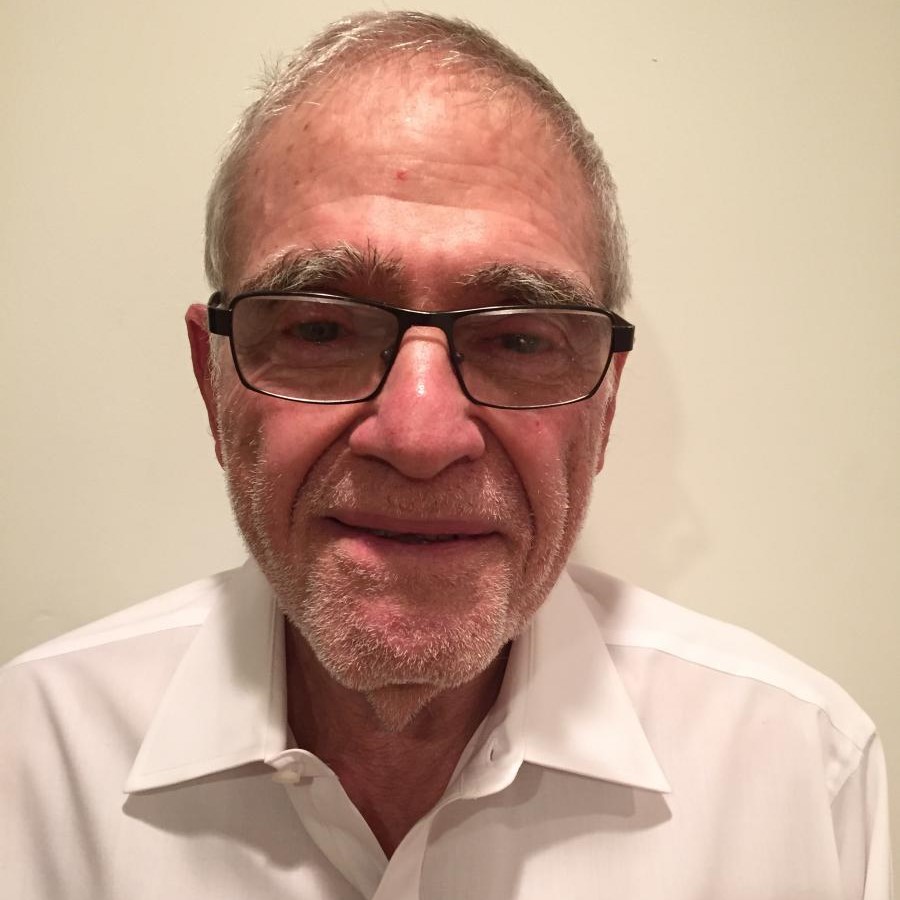
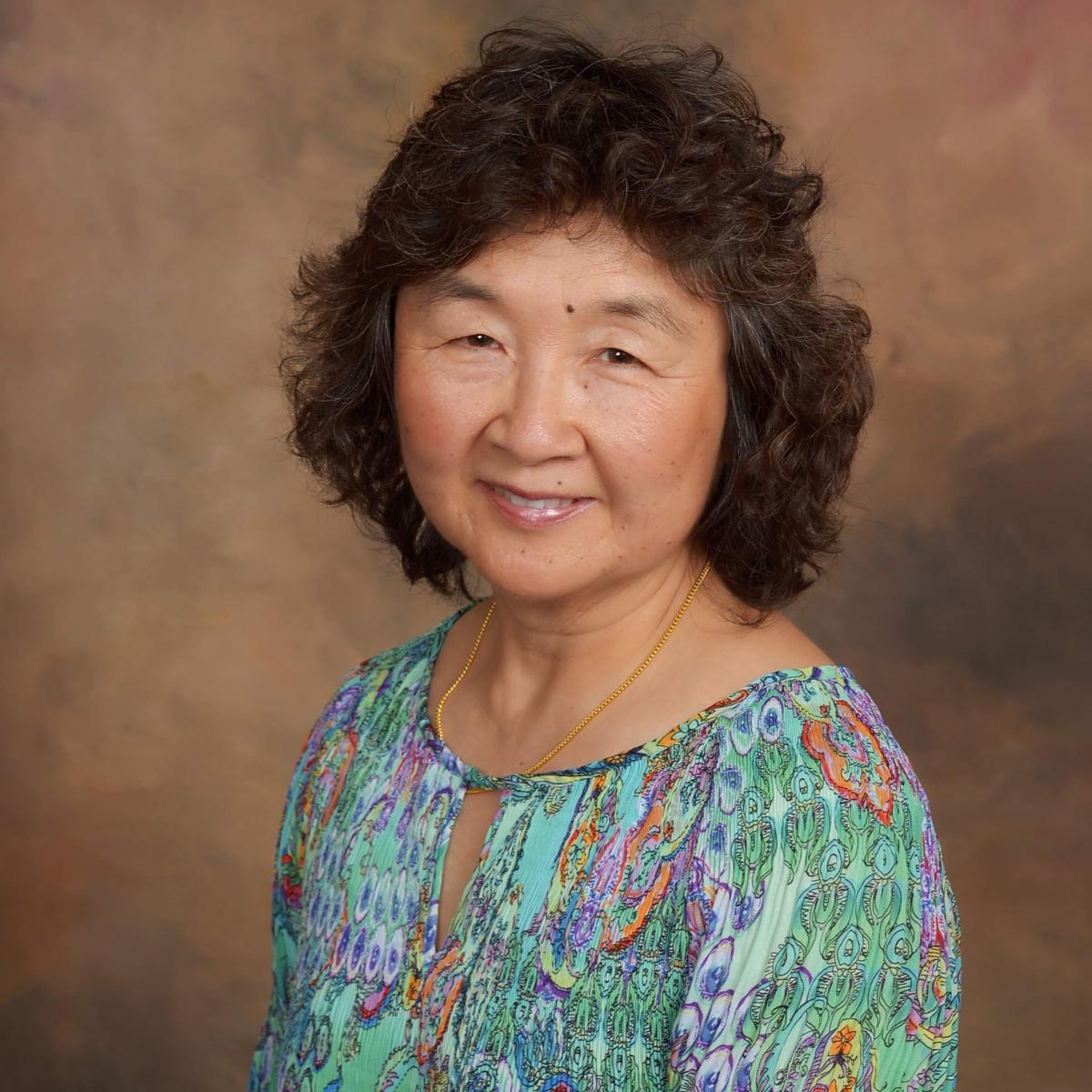
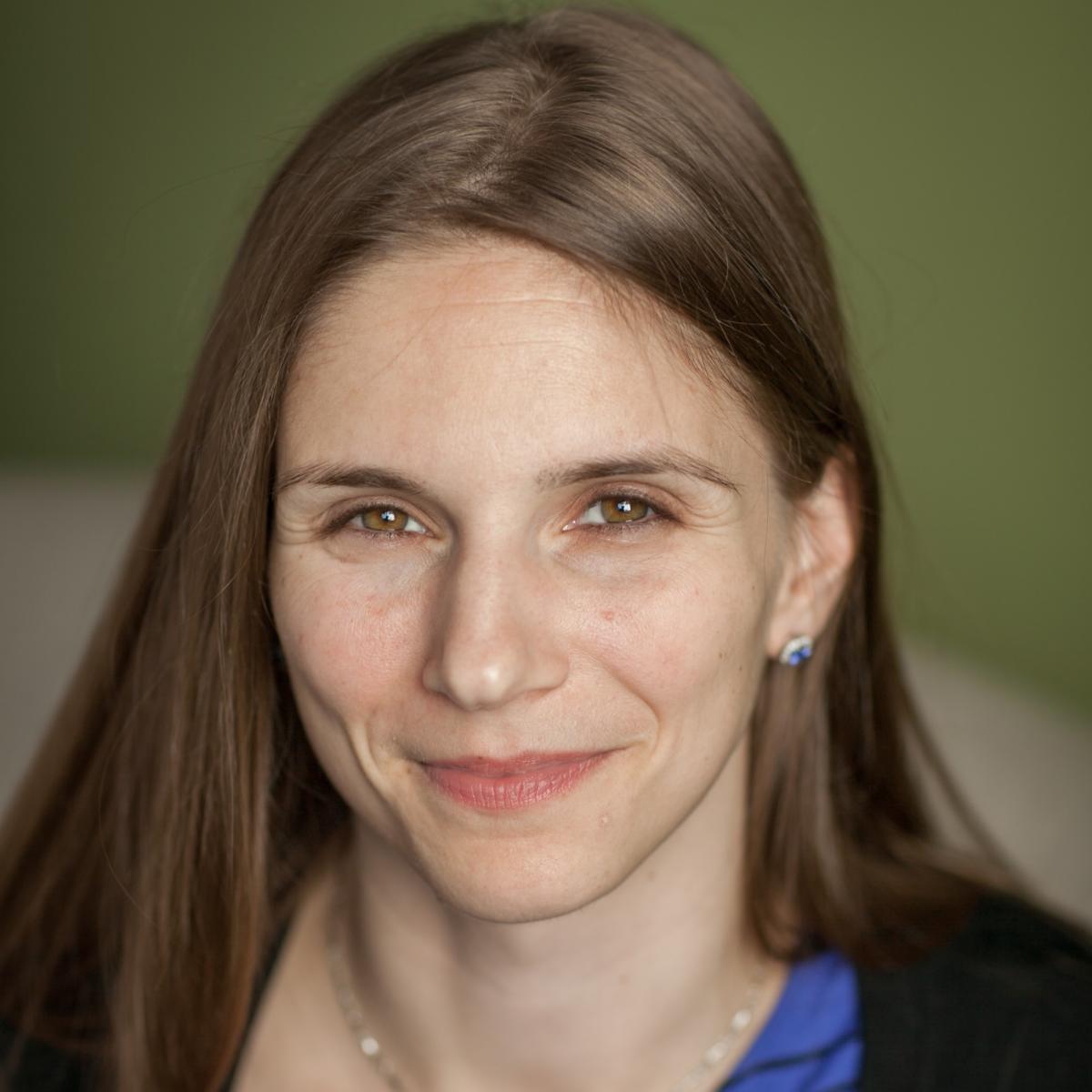

Sarah Sullivan-Singh, Ph.D.
Mavis Tsai, Ph.D.
Robert J. Kohlenberg, Ph.D.
Wednesday, July 15, 2020 - 9:00 a.m. - 5:15 p.m.
As numerous pressures push our profession towards manualized intervention toolkits targeted at nomothetically-defined outcomes, this workshop aims to cultivate your ability to harness the wellspring of therapeutic opportunity available within each unique relationship we create with our clients. This is the promise of Functional Analytic Psychotherapy: a Contextual Behavioral Science (CBS) therapy for those who value basic behavioral science as much as they feel awed by the power of the therapy relationship.
We will begin by presenting a clear theoretical rationale, rooted in basic behavioral tenants, for integrating a particular type of interpersonal focus within any therapy approach you already practice. Five simple, yet profound, rules of practice comprise this framework: 1) identify clinically-relevant behavior occurring in session via functional analysis, 2) evoke these behaviors during the therapy hour, 3) shape these behaviors with your immediate authentically attuned responses, 4) customize and refine your responding by observing the impact of your interpersonal reinforcers on the client, and 5) work with the client to generalize improved in-session behavior into life outside of therapy. In this workshop, you will have the opportunity to practice seeing and hearing your clients through this lens of compassionate functional analysis and to enhance your awareness of tools for reinforcing client improvements.
As technical as the underlying behavioral roots of FAP are, the therapy that emerges from them is fundamentally human and emotionally intimate as it calls on both client and therapist to engage in reciprocal transactions of candid behavior. The relationship comes alive and transforms into an in-vivo laboratory in which you invite the client to attempt new, more effective behaviors in service of their values and goals. As the work progresses, FAP therapists shape and reinforce improvement by illuminating the positive impact it has on both them and the therapy relationship. In short, we encourage clients to practice, “right here, right now,” behaviors that are functionally equivalent to those they wish to implement in their lives outside of session. Because clients emit new behaviors in your presence, they benefit from the enhanced reinforcement of your immediate and sincere responding. Hence, increasing your own self-awareness, courage, and judiciousness in how you share your authentic self and emotional vulnerability allows you to augment the potency of your in-the-moment responses to clients.
Following a logical arc that weaves together essential didactic elements of theory, CBS rationale, and ethical considerations, the workshop will also introduce a curriculum of new experiential exercises that provides balance among intellectual, practical, and personal development. Of note, we will encourage you to reveal yourself, including your vulnerability, to the extent that it supports your learning and development both personally and professionally and with an ongoing, thoughtful consideration of your needs and limits within the workshop setting. Along the way, you will create a FAP Case Conceptualization for a client, build a FAP Therapist Case Conceptualization for yourself, and practice the 5 Rules of FAP in “real-plays” with peers in small groups. We will prepare you to learn from these experiential exercises, and to take FAP on the road with you to your clients, via didactic presentations, live demonstrations, segments of video from therapy sessions conducted by the trainers, and a compendium of FAP-consistent clinical tools and resources that you will take home with you.
Whether you are new to FAP or have been practicing FAP for years, our hope is that you will leave the workshop with a deepened awareness of yourself, an awakened excitement about the possibilities of the therapy relationship, and an enlivened commitment to igniting it with each of your clients. As trainers, we plan to do the same.
About Mary P. Loudon, Ph.D.:
Dr. Loudon is an internationally recognized expert in Functional Analytic Psychotherapy (FAP) who earned her doctorate in clinical psychology at the University of Washington where she developed expertise in contextual behavioral science (CBS) approaches including FAP, Acceptance and Commitment Therapy (ACT), and Mindfulness-Based therapies. After completing her post-doctoral fellowship with Dr. Mavis Tsai, she became a Certified FAP Trainer and has since led/co-led over 25 FAP training workshops, intensives, and courses. Dr. Loudon has innovated new training techniques and content, and has taught, supervised, and provided consultation for hundreds of practitioners domestically and abroad.
In 2009, Dr. Loudon was appointed Clinical Faculty at the University of Washington in the Department of Psychology and since this time she has provided clinical supervision to doctoral students in FAP, ACT, and EFT. In her private practice, she works with individual adults and couples across a wide span of concerns including anxiety, emotional avoidance and disconnection from self or others, low mood, grief, trauma, and interpersonal connection and intimacy. She also provides therapy for therapists - an endeavor especially suited for professionals who want to improve their therapeutic skills while cultivating deeper courage, awareness, and love in their personal lives.
In 2014, Dr. Loudon co-founded The Seattle Clinic, a community of over 20 practicing psychologists who bring together expertise in a wide variety of 3rd wave therapies including FAP, ACT, DBT, and MBCT. She spearheaded and continues to co-lead the in-house FAP/ACT Consultation Team, while offering periodical 12-week FAP Therapist Training Programs for unaffiliated therapists. In the coming year, she will be launching a pre-internship FAP practicum for graduate students with Dr. Sullivan-Singh. She also offers consultation to outside groups of practitioners interested in staring FAP Consultation groups of their own.
Finally, Dr. Loudon has maintained an interest and expertise in minority and LGBT psychology throughout her academic and clinical career, devoting her graduate research to the psychological effects of bias on members of stigmatized minority groups. As a psychologist and a member of the LGBT community, it is Mary’s passion to harness the power of interpersonal connection in service of social justice. To this end Dr. Loudon has been involved in the development and implementation of CBS-based approaches to anti-racism work. Specifically, she collaborated with other CBS scientists, clinicians, and researchers to create an ACT & FAP based anti-racism workshop which has been offered in a variety of settings.
About Sarah Sullivan-Singh, Ph.D.:
Dr. Sullivan-Singh earned her doctoral degree in clinical psychology from UCLA and completed a postdoctoral fellowship within the University of Washington Rehabilitation Medicine Department before beginning her independent practice. She is a Clinical Instructor within the University of Washington (UW) Psychology Department where she supervises graduate students treating clients using ACT and FAP. Dr. Sullivan-Singh routinely guest lectures to psychology interns and psychiatry residents in the UW Department of Psychiatry and Biobehavioral Sciences (student feedback available upon request). Currently, she is also providing ongoing consultation and clinical supervision to a randomized-controlled trial at the UW Center for the Science of Social Connection of a brief FAP intervention for individuals who report high fears of intimacy.
About Mavis Tsai, Ph.D.:
Dr. Tsai, co-originator of FAP, is a clinical psychologist and senior research scientist at University of Washington’s Center for Science of Social Connection. She is the co-author of five books on FAP (some of which have been translated into Portuguese, Spanish, Japanese, Italian, Korean and Persian), and over 70 articles and book chapters. She is an ACBS Fellow, and received the Washington State Psychological Association’s Distinguished Psychologist Award in recognition of significant contributions to the field of psychology. She gave a TEDx talk “Create Extraordinary Interactions”, has presented “Master Clinician” sessions at the Association for Behavior and Cognitive Therapy, has led numerous workshops nationally and internationally, and trains online clinicians all over the world in FAP. As Executive Director of the Nonprofit Organization ‘Awareness, Courage & Love Global Project” which brings FAP to the general public, she trains volunteers to lead chapters in six continents to create a worldwide- network of open-hearted change-seekers who strive to meet life’s challenges through deepening interpersonal connection and rising to live more true to themselves.
About Robert J. Kohlenberg Ph.D.:
Dr. Kohlenberg received his doctorate at UCLA and is a Professor of Psychology at the University of Washington where he served as the Director of Clinical training. He is certified by the American Board of Professional Psychology, received the Washington State Psychological Association’s Distinguished Psychologist Award, and is a Fellow of ACBS, Society for Exploration of Psychotherapy Integration, and American Academy of Clinical Psychology. He is the co-originator of Functional Analytic Psychotherapy (FAP), has attained research grants for FAP treatment development, has co-published many papers and six books, including Functional Analytic Psychotherapy: A Guide for Creating Intense and Curative Therapeutic Relationships.
Learning Objectives:
Following this workshop participants will be able to:
- Describe the 5 Rules of FAP and the behavioral theory underlying them.
- Identify both functional classes and specific examples of problematic and improved in-session client behavior.
- Plan and practice effective therapist responses to problematic and improved in-session client behaviors.
- Analyze how your own problematic and improved in-session therapist behaviors may interact with your clients’ behaviors.
- Demonstrate ability to implement functional analysis, recognize and evoke clinically relevant behavior, and contingently reinforce target behaviors by sharing your genuine responses during experiential exercises.
- Create a personalized FAP therapist case conceptualization that identifies your own problematic and target therapist behaviors.
- Prepare a FAP case conceptualization and treatment plan for one client that demonstrates the application of functional analysis to client behavior and awareness of the impact of your own therapist behavior on the client.
- Demonstrate skill in giving, receiving, and responding to positive and negative feedback in service of assessing your own therapist behaviors and planning and practicing how to more powerfully evoke and reinforce target client behaviors.
- Discuss ethical considerations related to cultivating intense therapeutic relationships with clients when using FAP.
- Acquire skills to build your own FAP Consultation Team and/or to bring FAP into your existing ones.
Target Audience: Beginner, Intermediate, Advanced, Clinical
Components: Experiential exercises, Didactic presentation, Case presentation, Role play
Package Includes: A general certificate of attendance, lunch, and twice daily coffee/tea break on site.
Mindfulness and Compassion Focused Therapy for Everyone
Mindfulness and Compassion Focused Therapy for EveryoneMindfulness and Compassion Focused Therapy for Everyone
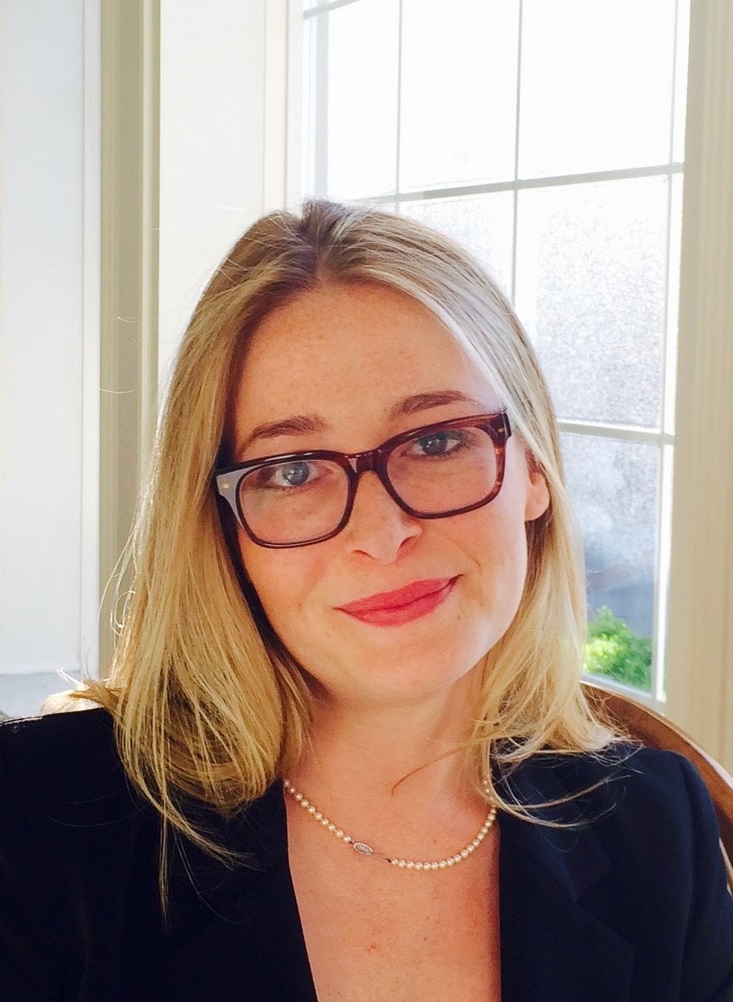
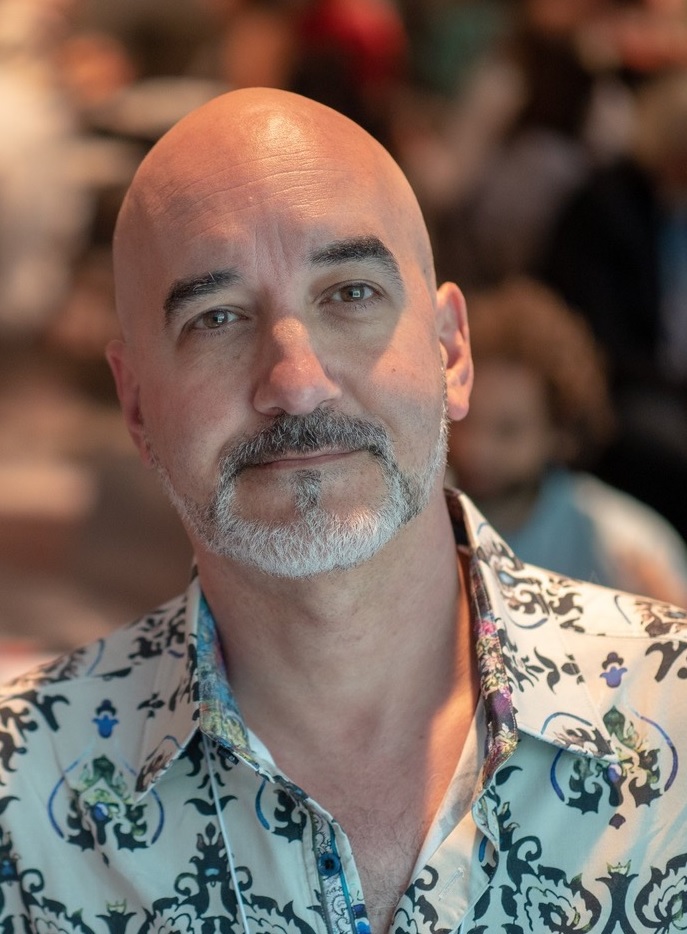
Dennis Tirch, Ph.D.
Wednesday, July 15, 2020 - 9:00 a.m. - 5:15 p.m.
We know that developing mindfulness, acceptance and compassion can lead to growth in well-being and psychological flexibility. But, how can we focus our efforts, and robustly train these capacities for our clients and ourselves? How do we awaken the compassionate mind, to move ever more fully into lives of meaning, purpose and vitality?
Compassion Focused Therapy (CFT) training can be a path to personal growth and performance enhancement for therapists practicing just about any approach. Over the last 10 years, thousands of ACT practitioners, in particular, have added CFT tools to their repertoire, changing the game and exploring new ways of working with their personal and professional selves. During the past 15 years, CFT has been found to be beneficial for people experiencing a wide range of difficulties, and recent advances in research and practice have suggested that compassion may be one of the most important processes in psychotherapy effectiveness.
This deeply experiential workshop will explore the foundational series of mindfulness and compassion imagery practices that make up the heart of CFT. Participants will learn these practices through direct, personal experience, learning CFT from the inside out. In addition to meditative exercises, we will demonstrate and practice ways to build up self-compassion through the psychotherapy relationship, using classic compassion training methods in the natural flow of a therapy session. We will review and explore the relationship between compassionate mind training and psychological flexibility, grounding our work in evolutionary science, attachment theory, and contextual behavioral theory. An array of learning tools will be used, including guided mindful compassion practice, role-play exercises, self-reflection, mindful movement, narrative, video and case examples.
Wherever you may be in your professional journey, from beginner to seasoned expert, you may find that these methods can complement and strengthen your therapeutic approach. No previous CFT experience is necessary, and the trainers are aiming to help ACT and FAP therapists, in particular, as they integrate a compassion focus into the work they do. This workshop presents a novel approach to understanding the therapy – aimed at helping participants to advance their compassion work. This is an opportunity to integrate the dimensions of compassion work into your practice, while renewing your understanding of the fundamental dynamics of mindfulness and compassion. Together, we will build a road map towards increased compassion-based living, mindful courage, and psychological flexibility.
About Dennis Tirch, Ph.D.:
Dennis Tirch, Ph.D., is President of The Association for Contextual Behavioral Science (ACBS) and the Founder of the Center for Compassion Focused Therapy in New York. Dr. Tirch is the author/co-author of numerous books, chapters, and peer-reviewed articles on ACT, CFT, CBT, and Buddhist psychology. Dr. Tirch also serves as an Associate Clinical Professor at the Icahn School of Medicine at Mt. Sinai Medical Center, and as President of The Compassionate Mind Foundation, North America. Dr. Tirch provides workshops and courses globally in mindfulness, compassion and acceptance, both in person and online. Dr. Tirch is a Fellow of ACBS, and is a Fellow and Consultant/Supervisor with the Academy of Cognitive Behavioral Therapy. Dr. Tirch is a Dharma Holder, Board Member, and Co-Founder of the Flowing Heart Temple (Ryushin-ji) of The Zen Garland Order, in New York.
About Laura Silberstein-Tirch, Psy.D.:
Laura R. Silberstein-Tirch, Psy.D., is the Director of the Center for Compassion Focused Therapy. Dr. Silberstein-Tirch is a clinical psychologist, supervisor and compassion-focused therapy (CFT) trainer who presents internationally on mindfulness, compassion and acceptance. She is the author of How to Be Nice to Yourself: The Everyday Guide to Self-Compassion and co-author of Experiencing ACT from the Inside Out, Buddhist Psychology and CBT a Clinician’s Guide and The ACT Practitioner's Guide to the Science of Compassion. She is a founding member and Past-President of the New York City chapter of the Association for Contextual Behavioral Science and the Executive Director, The Compassionate Mind Foundation, North America. Her research interests include psychological flexibility and emotions as well as CFT for anxiety and depression.
Learning Objectives:
- Participants will be able to describe and work with an ACT-friendly CFT definition of compassion in practice.
- Participants will be able to teach others how evolutionary science explains the powerful links we see among attachment dynamics, compassion and psychological flexibility.
- Participants will be able to work with the three-circle model of emotion regulation found in CFT.
- Participants will have a working knowledge of the 7 core attributes of compassionate flexibility, and how they can be assessed, conceptualized and developed in psychotherapy.
- Participants will learn to deploy compassion in the therapeutic relationship to create a context of embodied compassion for themselves and their clients.
- Participants will learn to assist clients in working with "multiple self" experiences, bringing compassion to challenging emotional "selves."
- Participants will understand the relationship between courage, psychological flexibility and compassion, learning how training in either can help build up both qualities.
- Participants will be able to use compassion focused imagery with clients and themselves.
- Participants will be able to build on compassion focused imagery and multiple-self work, using compassion focused role-plays in group or individual psychotherapy.
- Participants will be able to help their clients take a compassion-focused approach to becoming the author of valued directions in life.
Target Audience: Beginner, Intermediate, Advanced, Clinical
Components: Conceptual analysis, Experiential exercises, Didactic presentation, Case presentation, Role play
Package Includes: A general certificate of attendance, lunch, and twice daily coffee/tea break on site.
Nurturing Roots to Reach New Heights: Revisiting Foundations of ACT as Clinical Behavior Analysis for Mastering Flexible, Process-Based Implementation
Nurturing Roots to Reach New Heights: Revisiting Foundations of ACT as Clinical Behavior Analysis for Mastering Flexible, Process-Based ImplementationNurturing Roots to Reach New Heights: Revisiting Foundations of ACT as Clinical Behavior Analysis for Mastering Flexible, Process-Based Implementation
.jpg)
Wednesday, July 15, 2020 - 9:00 a.m. - 5:15 p.m.
Acceptance and Commitment Therapy (ACT) is defined by its behavior analytic roots and its focus on building flexibility into the behavioral repertoire. Many ACT clinicians, however, find behavior analytic language lacking in its ability to capture and inform the clinical work they do every day. Instead, ACT assessments and interventions are typically guided by less specific, “mid-level terms,” such as acceptance, defusion, and values. While mid-level terms certainly reduce the barriers to learning ACT as a new approach, they may unnecessarily limit the clinicians’ application of ACT to the creation and use of techniques, exercises, and metaphors that target flexibility components. This workshop offers practice with an alternative approach to ACT mastery - ACT as clinical behavior analysis.
ACT as clinical behavior analysis is simply the direct clinical application of functional contextual behavioral science and behavior analytic theory, typically in a talk therapy format. Many have dismissed behavior analysis as cold, rigid, and overly technical. However, practicing ACT as clinical behavior analysis tends to bring clinicians closer to practicing in a way that is connected, compassionate, and closely attuned to the therapist-client interaction. Far from building in rigidity, practicing ACT as clinical behavior analysis fosters innovation and therapist growth.
Using an experiential approach that progressively builds skills across two days, participants will practice the functional analysis of moment-to-moment therapy process in service of building clients’ psychological flexibility. These practice opportunities will begin with only the most basic philosophical assumptions underlying ACT and move through principles that are increasingly specific, converging on the ACT components that are typically described in mid-level terms. Participants will leave the workshop with a simple but effective behavioral framework in hand for providing clients opportunities to develop flexible, adaptive, and expansive patterns of behavior that extend far beyond the therapy room.
About Emily K. Sandoz, Ph.D.:
Dr. Emily K. Sandoz is the Emma Louise LeBlanc Burguieres/BORSF Endowed Professor of Social Sciences in the Psychology Department at the University of Louisiana at Lafayette. Emily is the Director of the Louisiana Contextual Science Research Group and the Editor-in-Chief of the Journal of Contextual Behavioral Science. She has co-authored three books on acceptance and commitment therapy for struggles with eating and body image, along with chapters and journal articles on ACT, Relational Frame Theory, values, the therapeutic relationship, and psychological flexibility. Emily has led more than 70 professional training workshops around the world, and serves as a peer-reviewed ACT trainer. She also practices as a Clinical Psychologist, focusing on clinical behavior analysis of body-related difficulties.
Learning Objectives:
Following this workshop participants will be able to:
- Describe three clinical implications of functional contextualism for clinical behavior analysis.
- Analyze talk therapy interventions in terms of the function game vs. the correspondence game.
- Analyze talk therapy interventions by tracking the functional relationship between context and behavior.
- Demonstrate clinical behavior analytic interventions based on analyses of the functional relationship between context and behavior.
- Analyze talk therapy interventions by tracking behaviors under aversive and appetitive control.
- Demonstrate clinical behavior analytic interventions based on analyses of aversive and appetitive control.
- Describe the psychological flexibility model of psychological well-being in behavioral terms.
- Describe the psychological flexibility model of clinical behavioral intervention in behavioral terms.
- Assess psychological flexibility in the therapeutic interaction, along with the manipulable conditions that influence it.
- Demonstrate interventions that manipulate immediate conditions to build psychological flexibility.
Target Audience: Intermediate, Advanced, Clinical
Components: Conceptual analysis, Experiential exercises, Case presentation, Role play
Package Includes: A general certificate of attendance, lunch, and twice daily coffee/tea break on site.
Reclaiming Humanity amidst Injustice: A Contextual Behavioral Science Skills-Based Approach to Social Connection Across Cultural Differences
Reclaiming Humanity amidst Injustice: A Contextual Behavioral Science Skills-Based Approach to Social Connection Across Cultural Differences
Reclaiming Humanity amidst Injustice: A Contextual Behavioral Science Skills-Based Approach to Social Connection Across Cultural Differences

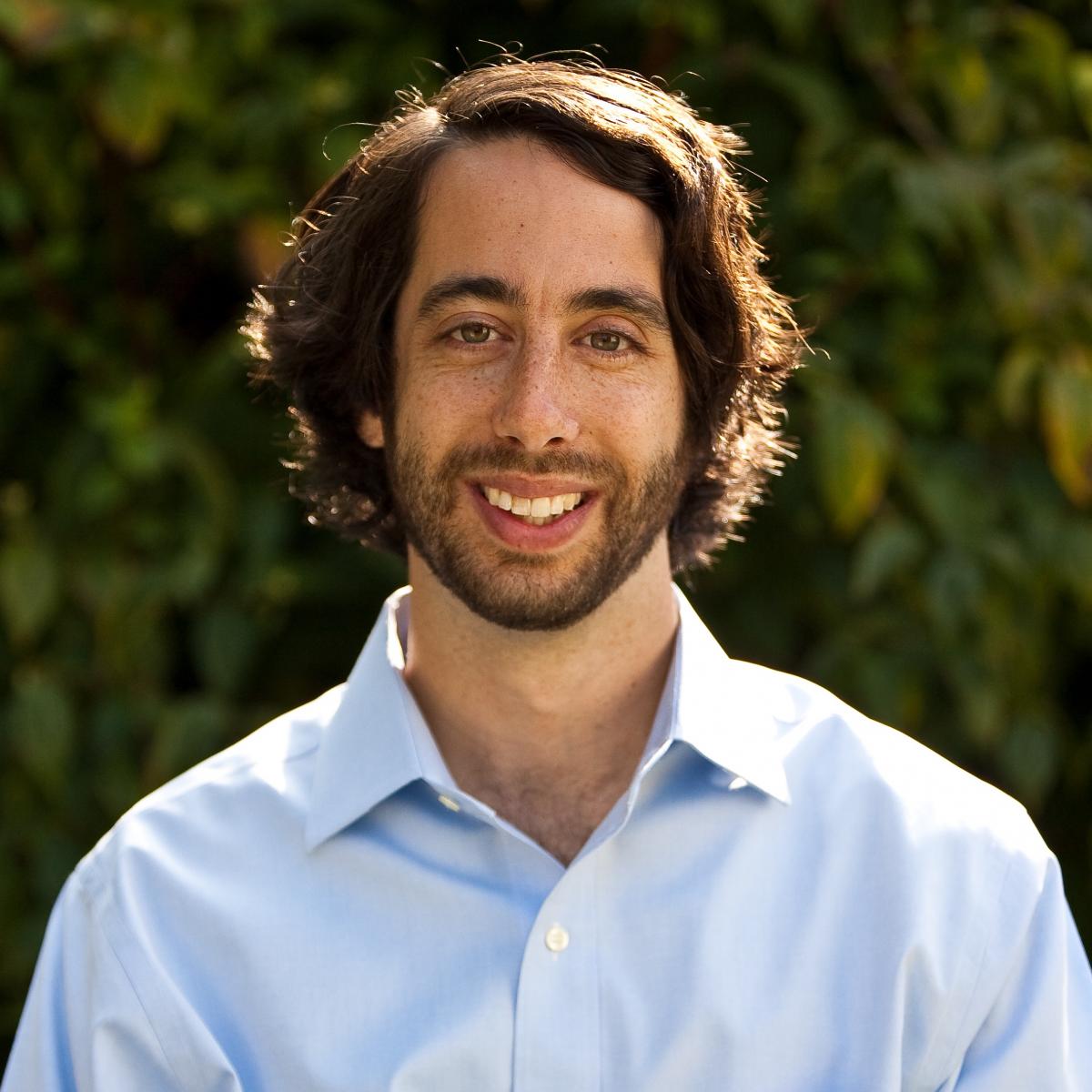
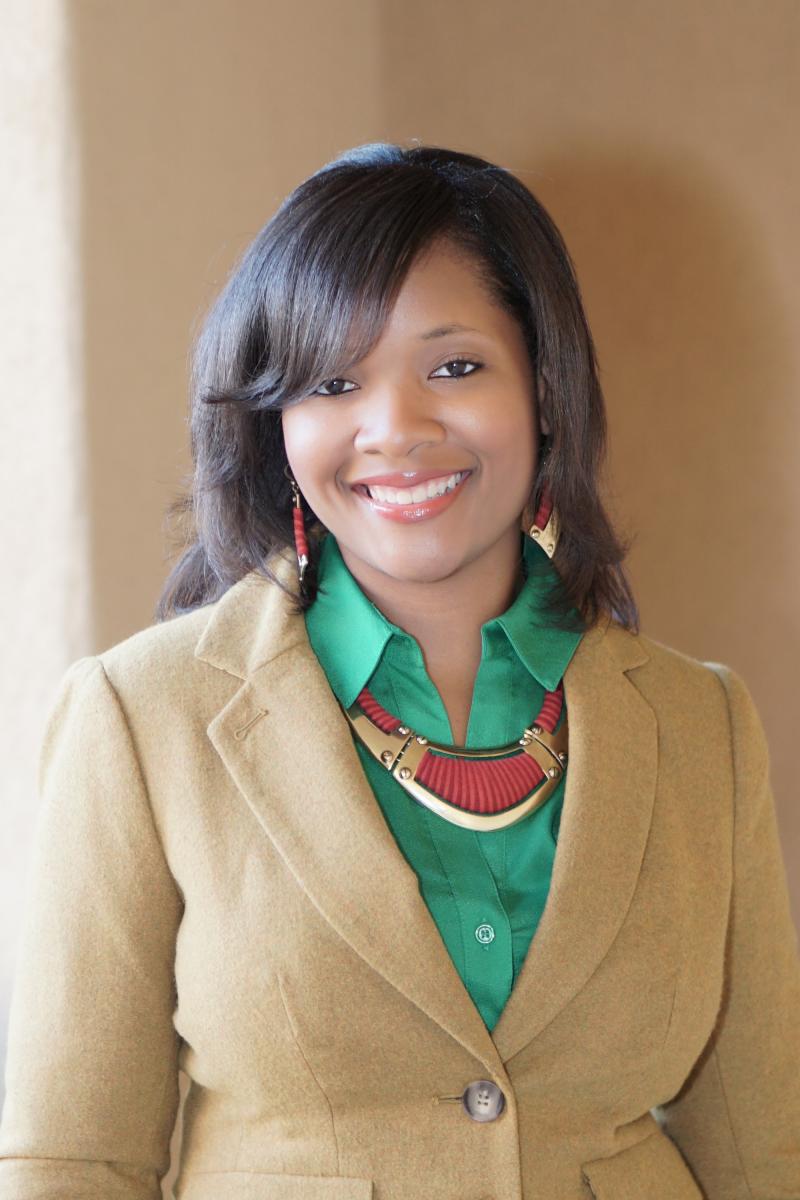
Wednesday, July 15, 2020 - 9:00 a.m. - 5:15 p.m.
The past year has demonstrated in blunt form how racism, sexism, and other forces of oppression are still deeply rooted in our societies, with toxic and deadly impacts. We are alarmed and appalled by the sharp increase in explicit acts of hatred which have recently occurred across multiple nations, just as we are concerned about the less visible, longstanding manifestations of oppression that have existed for centuries. At the same time, we recognize developments in psychological science that suggest that bias and prejudice exist as normative psychological processes on both an implicit and explicit level. These biases operate within all human beings, including well-meaning individuals who disavow hatred and oppression and espouse deeply held pro-social values – and even within communities that aspire to be safe havens of peace and love, like ACBS.
We believe that contextual-behavioral science (CBS) harbors abundant and largely untapped potential for addressing these problems in a global context. This two-day workshop is a direct application of CBS principles to the psychological processes that function as obstacles to connection across cultural differences. These principles and processes will be engaged with recognition of the broader context of institutional and structural forms of oppression. We will adopt an intersectional framework that explores how interpersonal contexts where we encounter difference (across race, gender, sexual orientation and many other identities) can result in a range of outcomes from experiences of disconnection and invalidating microaggressions to meaningful and intimate exchanges and deep connectedness.
The workshop will be largely experiential, with exercises grounded in a contextual-behavioral understanding of behavior change and applicable to participants inclusive of all nationalities. The specific processes of ACT and the five rules of FAP will be applied in this uncharted territory of connecting across cultural difference. Acceptance, defusion, and self-focused exercises are designed to increase awareness of sources of anxiety and bias that influence our behavior, and small-group exercises are designed to facilitate sustainable, intentional behavior change in intercultural interactions. We aim to produce more than a transient “feel good” experience. Rather, we aim to help attendees walk the difficult walk of utilizing CBS principles in moments that matter, whether they are interactions at a work meeting, a dinner with extended family, or a clinical encounter. In recognition of the challenging nature of these encounters, self-compassion exercises will be infused to facilitate a sense of connectedness, self-care, and present-moment focus during difficult dialogues. The theoretical and empirical foundations of exercises will be discussed and the workshop will also focus on generalizing the experiential work into the daily-life contexts of attendees through modeling, role-play practice, and feedback. Each participant will be asked to identify committed actions they can take to benefit the ACBS community throughout the World Conference, in their clinical work, and within their home communities.
The presenters have been developing, presenting and refining the ideas and exercises that will inform this workshop for several years and across multiple contexts. Empirical support for the CBS-informed exercises that will be engaged in the workshop have been demonstrated by two recent randomized controlled trials. Participants who engaged in these interventions demonstrated improved (more empathic and less biased) behavior when in clinical encounters with patients of color, and heightened feelings of connectedness and understanding when in inter-racial interactions that generalized to other members of out-groups not in attendance. In this workshop we will broaden an application of these mechanisms beyond race to multiple cultural identities.
Please note: the presenters are equal collaborators. They are listed alphabetically.
About Robyn L. Gobin, Ph.D.:
Robyn L. Gobin, Ph.D. is a licensed clinical psychologist in Champaign, Illinois and an assistant professor in the Department of Kinesiology and Community Health at the University of Illinois at Urbana Champaign (UIUC). Dr. Gobin directs the Transforming Trauma and Mental Health Lab where her research focuses on alleviating the mental health effects of interpersonal trauma by developing and testing interventions, including Acceptance and Commitment Therapy (ACT), for culturally diverse trauma-exposed populations. She also investigates the efficacy of ACT as a mental health stigma reduction intervention, technology-based mental health interventions, and the impact of African American culture on trauma recovery. At UIUC, Dr. Gobin developed Trauma, Diversity, and Resilience, a graduate level course that explores mental health disparities and how multiple intersecting cultural identities impact trauma recovery. Dr. Gobin maintains a private practice focused on women’s wellness and interpersonal trauma recovery. Her clinical interests include empirically supported therapies for post-traumatic stress disorder (PTSD) and mindfulness and acceptance-based therapies with women and other marginalized groups. Dr. Gobin advocates for social justice and promotes multiculturalism and culturally competent service delivery as a member of various community boards and professional committees, including the American Psychological Association’s Society for the Psychological Study of Ethnic Minority Issues.
About Daniel C. Rosen, Ph.D.:
Daniel C. Rosen, Ph.D., is professor and chair of the Department of Counseling and Health Psychology and the Director of The Daniel K. Church Center for Social Justice & Diversity at Bastyr University. He earned a Ph.D. in Counseling Psychology from Arizona State University after completing his Predoctoral Internship at the Center for Multicultural Training in Psychology at Boston Medical Center/Boston University School of Medicine. He completed his Postdoctoral Fellowship in Behavioral Medicine at Cambridge Health Alliance/Harvard Medical School. Dr. Rosen’s scholarship is focused in multicultural psychology, and has explored issues of ethnic identity, social justice in mental health, addressing disparities in access to and quality of mental health services, and antisemitism-related stress. Dr. Rosen is the co-editor of the recently published book, Eliminating Race Based Mental Health Disparities (New Harbinger). He has a private practice in Seattle, WA.
Learning Objectives:
Following this workshop participants will be able to:
- Describe a contextual-behavioral model of microaggressions and other behavioral obstacles that produce cultural health disparities in treatment processes and outcomes.
- Demonstrate acceptance skills in the presence of anxiety while interacting across cultural differences.
- Apply defusion skills in the presence of cultural stereotypes while interacting across cultural differences.
- Demonstrate engaging in committed, value-guided actions in the service of creating meaningful clinical relationships during challenging interpersonal cultural moments.
- Demonstrate in real-play experiential exercises with other participants how to repair connections in the wake of unintended microaggressions and other such punishing interactions.
- Explain how to increase your ability to respond flexibly, guided by values rather than defensiveness, when engaged in dialogue about privilege, differences or experiences of microaggressions.
- Demonstrate reinforcing the behavioral improvements of clients, friends, and family members when their efforts still leave you feeling punished, microaggressed, or guarded.
- Apply experiential work to specific clinical cases in your practice, or other relevant life settings, through role-plays and feedback.
- List specific behavioral risks you will take during the ACBS World Conference and at home in service of chosen values and utilizing the skills gained during the workshop.
- List sources of collective action within the ACBS community to advance culturally responsive practice and the promotion of social justice.
Target Audience: Beginner, Intermediate, Advanced, Clinical
Components: Conceptual analysis, Literature review, Original data, Experiential exercises, Role play
Package Includes: A general certificate of attendance, lunch, and twice daily coffee/tea break on site.
The Heart of ACT: Supporting Client Change through Process and Therapeutic Relationship
The Heart of ACT: Supporting Client Change through Process and Therapeutic RelationshipThe Heart of ACT: Supporting Client Change through Process and Therapeutic Relationship
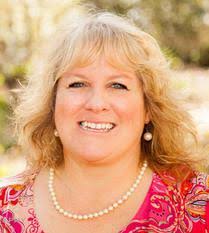
Wednesday, July 15, 2020 - 9:00 a.m. - 5:15 p.m.
Acceptance and commitment therapy (ACT) has transformed the lives of clients and clinicians in many ways and—as part of a broader shift in the practice of psychotherapy emerging from a new theory of human language —has had a significant impact in the field of psychology. ACT has flourished in areas of application, research base, and clinical use around the world. Not only does it have a broad reach that continues to grow, it also tends to have a distinctive and personal impact. Done with intention and presence, ACT links us to the very qualities of what it means to be alive and whole, to be a conscious and experiencing being. Yet, the behavioral processes implemented in ACT may be learned and understood at many levels and may remain challenging to implement in a flexible, consistent, process-based, and effective fashion. Functional analysis remains a vital yet sometimes elusive aspect of ACT. As well, multiple levels of process are present in any therapy, including those processes beyond ACT’s 6 core. Moving beyond simple technique and into a fluid ACT intervention requires attending to intrapersonal, interpersonal, and overarching and ongoing processes in the context of the psychotherapeutic relationship. Engaging in an on-going functional analysis feeds these processes and informs the case conceptualization. Digesting the theory and research behind ACT and understanding its content, processes, techniques, and foundational goal—psychological flexibility—is about inviting clients back into the vitality found in human joy and pain in the movement toward meaning. Connecting workshops participants to on-going functional analysis and the multiple levels of process found in ACT from a more in-depth, experiential, or heartfelt place will be the focus of this workshop. Didactic presentation, video, role-play and experiential exercises will be used to convey the material.
About Robyn Walser, Ph.D.:
Robyn D. Walser, Ph.D. is Director of TL Consultation Services, Assistant Professor at the University of California, Berkeley, and works at the National Center for PTSD. As a licensed psychologist, she maintains an international training, consulting and therapy practice. Dr. Walser is an expert in Acceptance and Commitment Therapy (ACT) and has co-authored 6 books on ACT including a book on learning ACT. She has most recently written a book entitled: The Heart of ACT, to be released in Fall of 2019. Dr. Walser has expertise in traumatic stress, depression and substance abuse and has authored a number of articles, chapters and books on these topics. She has been doing ACT workshops since 1998; training in multiple formats and for multiple client problems. Dr. Walser has been described as a “passionate, creative, and bold ACT trainer and therapist” and she is best known for her dynamic, warm and challenging ACT trainings. She is often referred to as a clinician’s clinician. Her workshops feature a combination of lecture and experiential exercises designed to provide a unique learning opportunity in this state-of-the-art intervention. http://www.tlconsultationservices.com/
Learning Objectives:
Following this workshop participants will be able to:
- Explain what is meant by exploring ACT processes from the perspective of personal internal experience and how it is relevant to therapy.
- Describe the role and function of interpersonal process in the implementation of ACT.
- Describe functional analysis and its role in the overarching and ongoing process of ACT intervention and case conceptualization.
- Explain how intrapersonal and interpersonal behavioral patterns inform a functional approach.
- Explain how different levels of process participate in and inform the therapeutic relationship.
- Explain what is meant by ACT processes and their flexible use with respect to the six core components of ACT tucked inside of therapeutic relationship.
- Explain how ACT metaphors and experiential exercises can be tailored to fit the client’s experience and language practices including the social and cultural contexts.
- Describe barriers to fluid implementation of ACT and how to work through these barriers in an ACT consistent fashion.
- Describe the role of personal values in guiding the work done in ACT therapy and how to apply it across sessions.
- List the benefits of mindfulness as a practice as well as an ongoing process during session, including how it can be used to cultivate compassion.
Target Audience: Intermediate, Advanced
Components: Conceptual analysis, Experiential exercises, Didactic presentation, Case presentation, Role play
Package Includes: A general certificate of attendance, lunch, and twice daily coffee/tea break on site.
